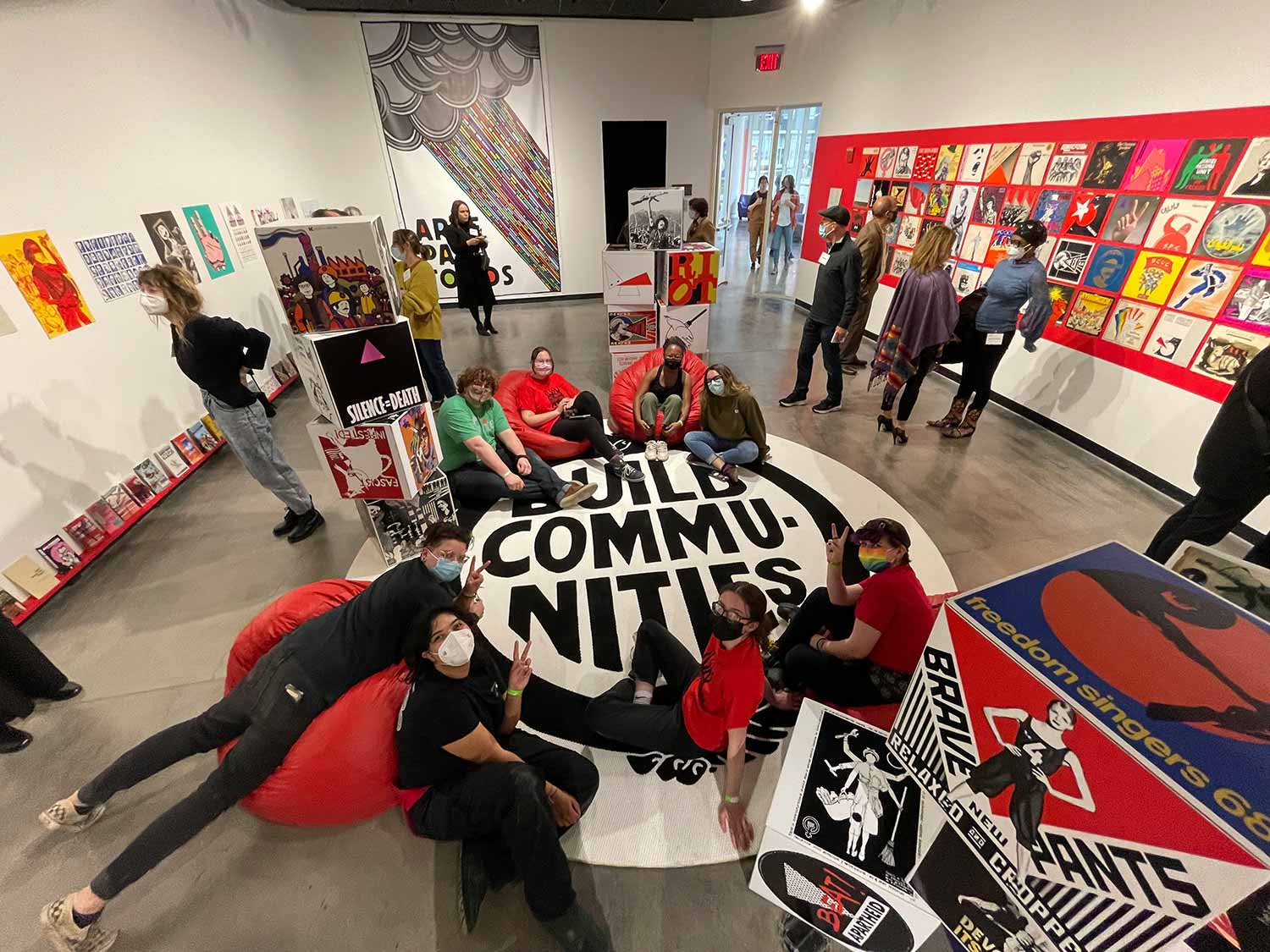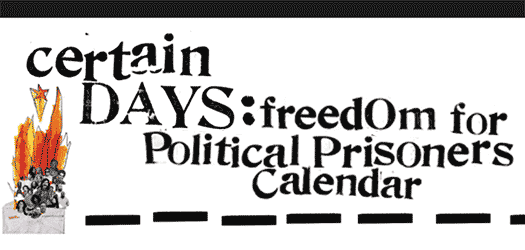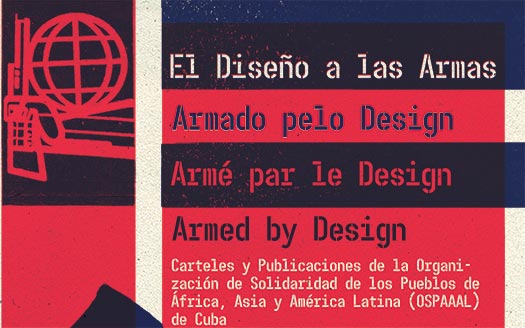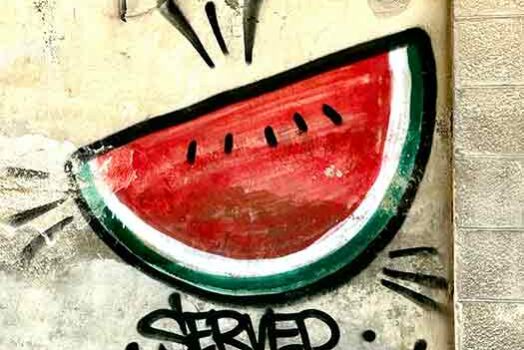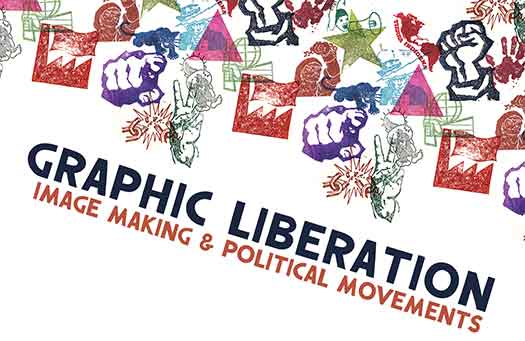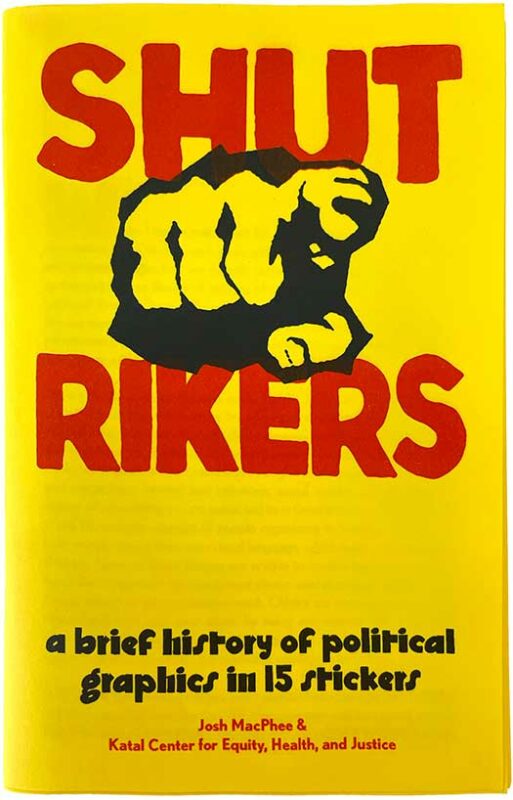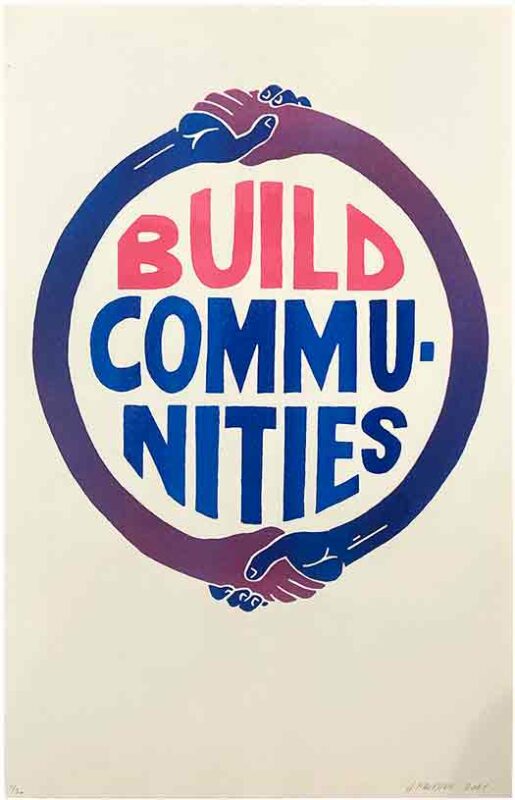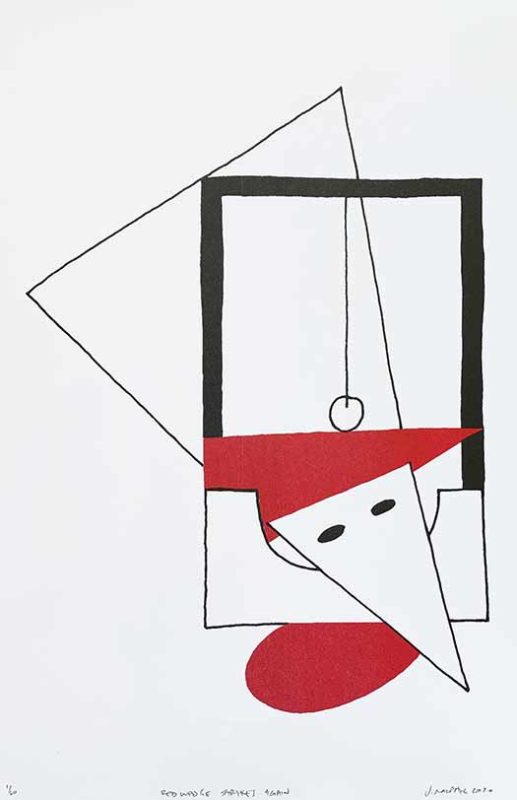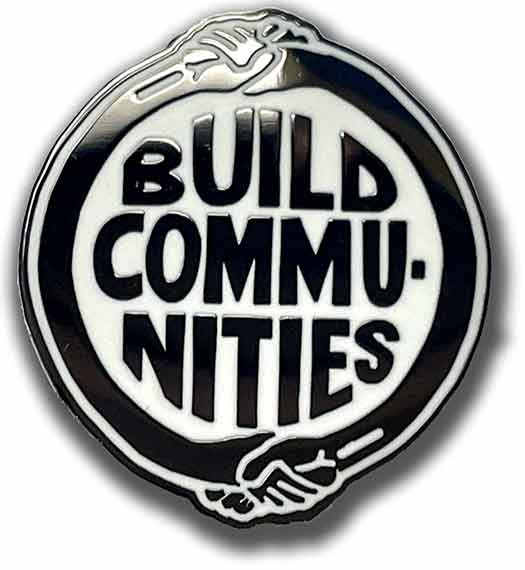My exhibition We Want Everything closes this Friday at the Reinberger Gallery at the Cleveland Institute of Art! I’m really proud of this show, in many ways it is the culmination of 30+ years of work. It is also an evolution of the two iterations of Graphic Liberation! that have been installed in the past year, first at Colgate University and then at George Mason.
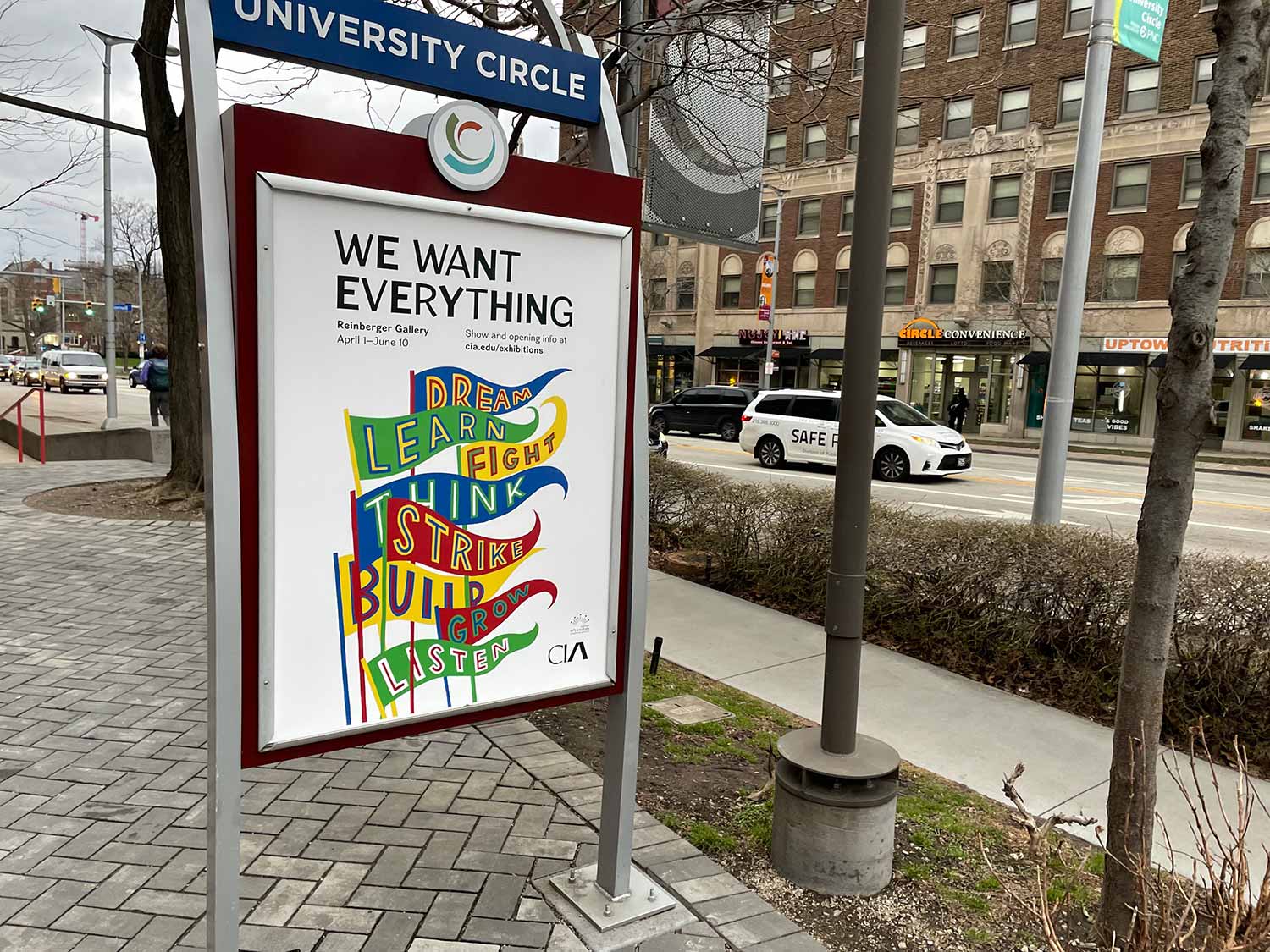
We Want Everything is largely divided into 3 sections: Interactive and participatory projects revolving around the visual language of social movements and multiple printmaking processes; Collections of material that illustrate the circuits this political imagery travels in the world; and additional but separate works that run parallel to these concerns.
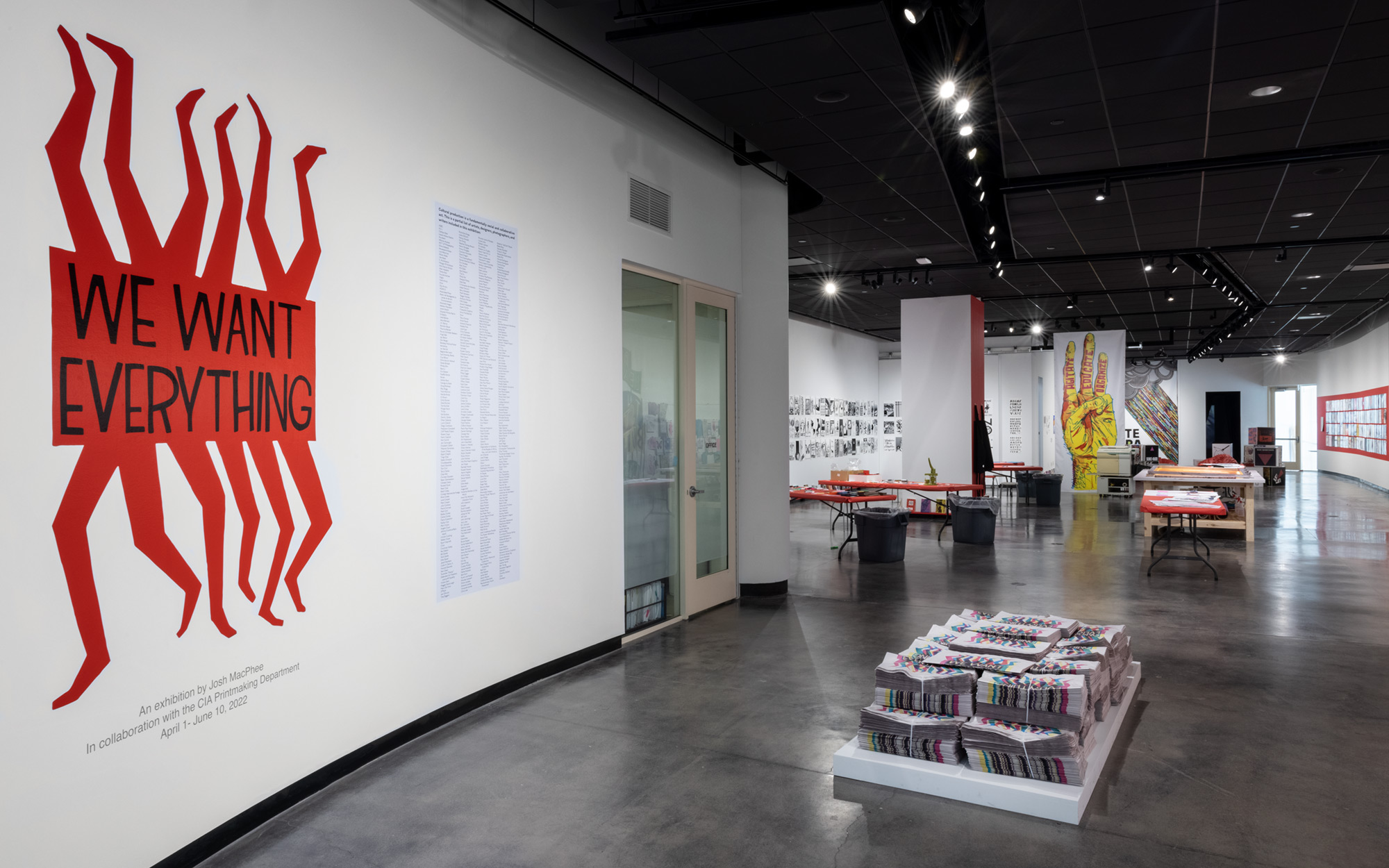
There are five unique projects that encourage audience participation, which include: 18 giant political art cubes that can be played with:
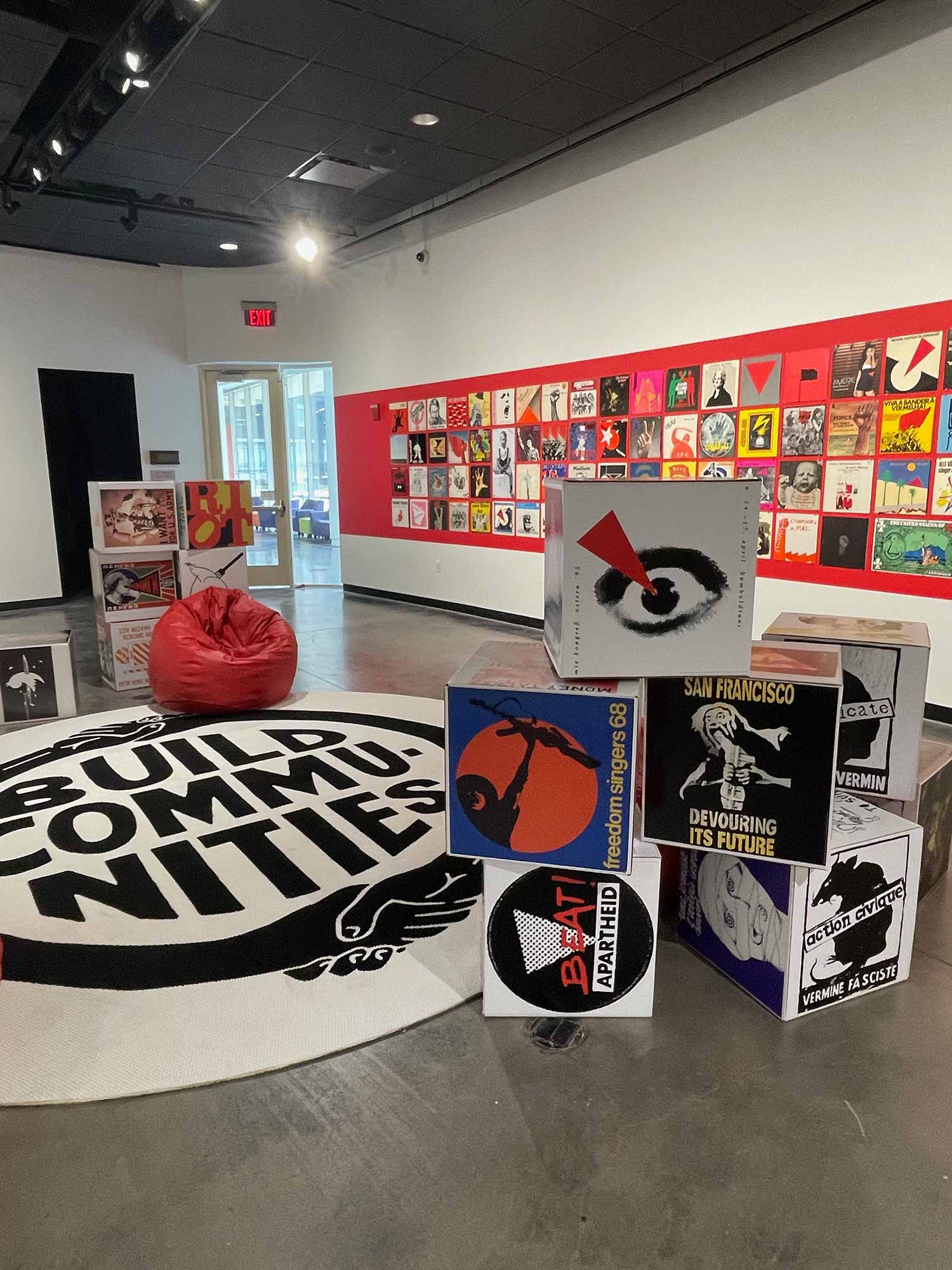
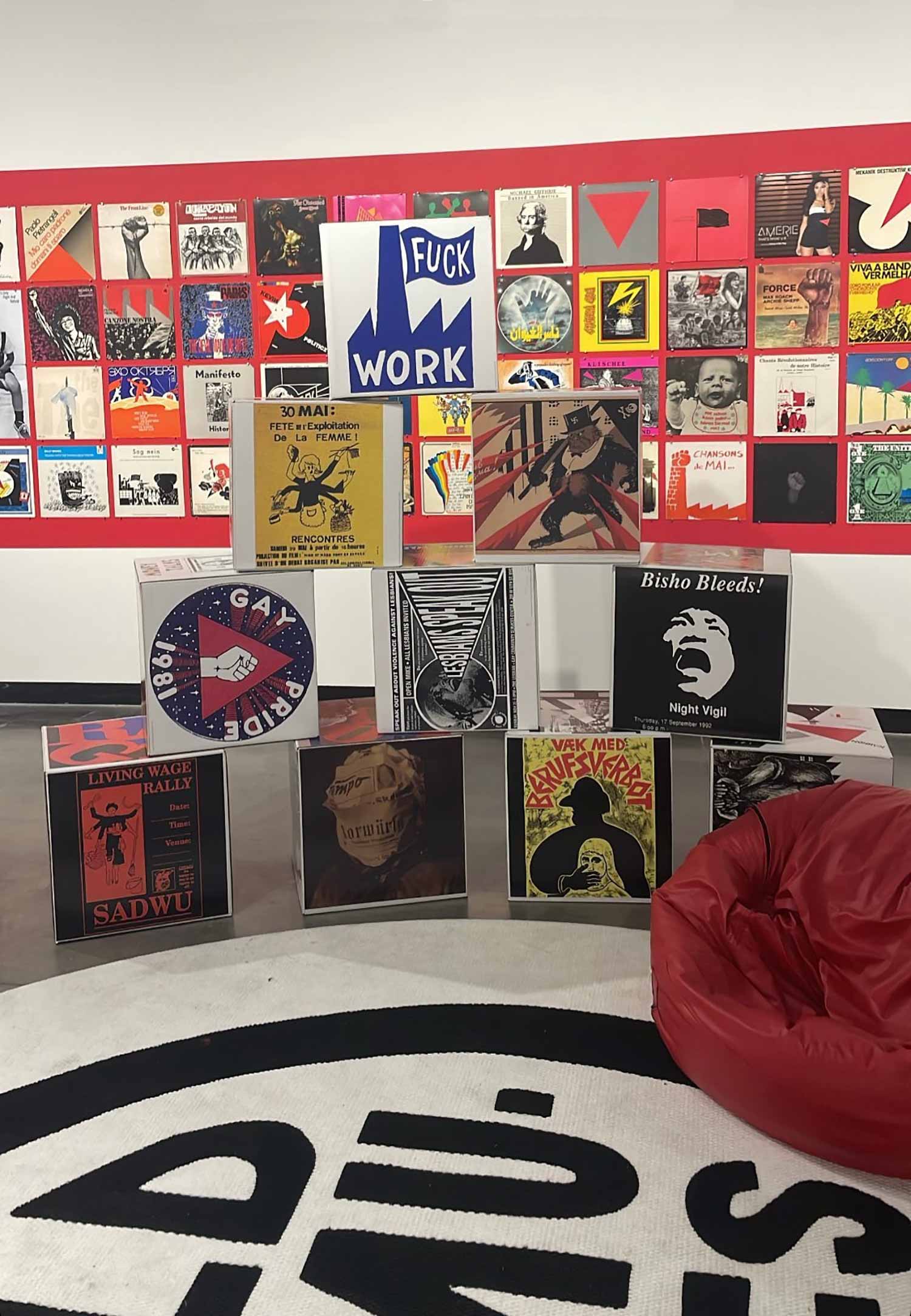
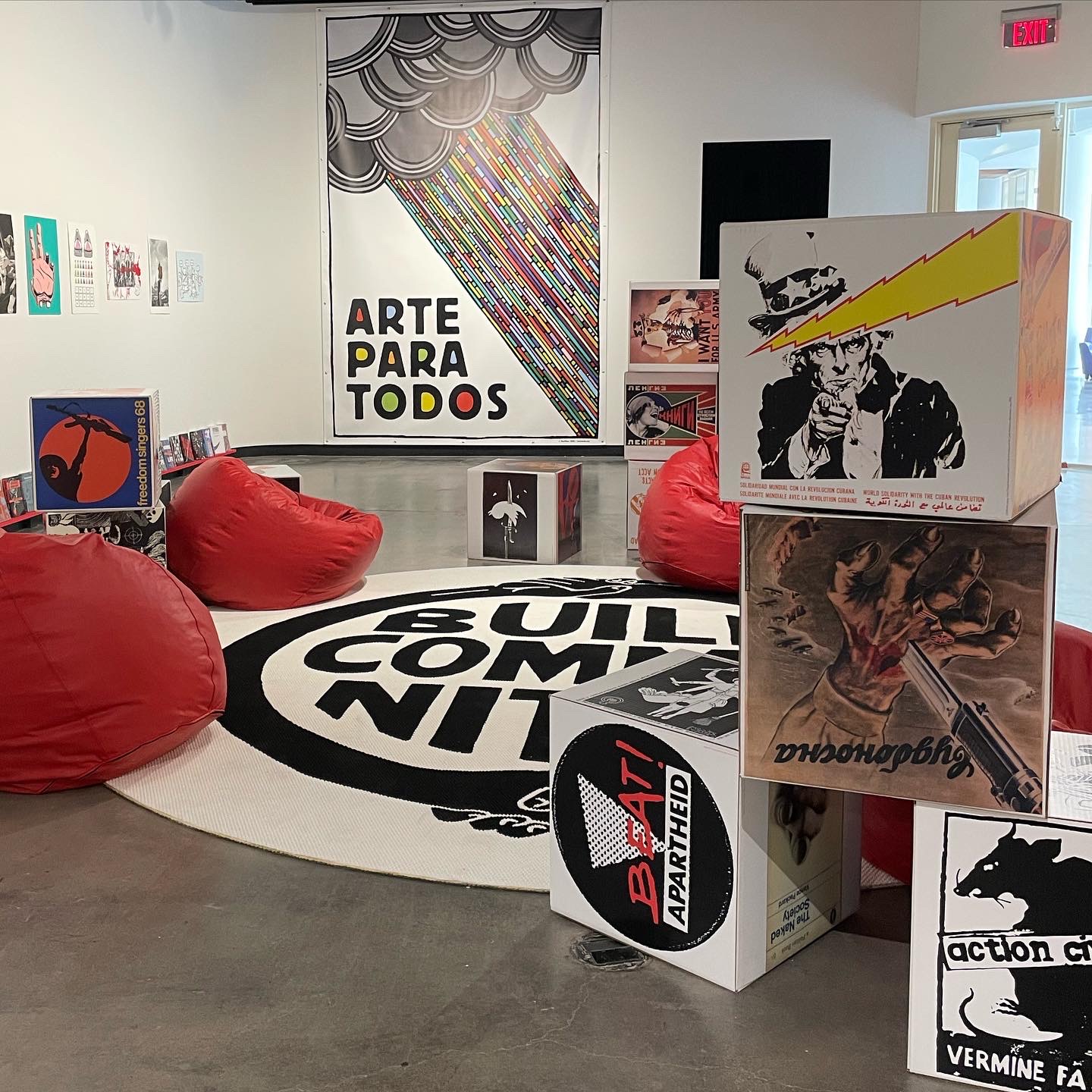
A set of over 100 rubber stamps (and a button maker):
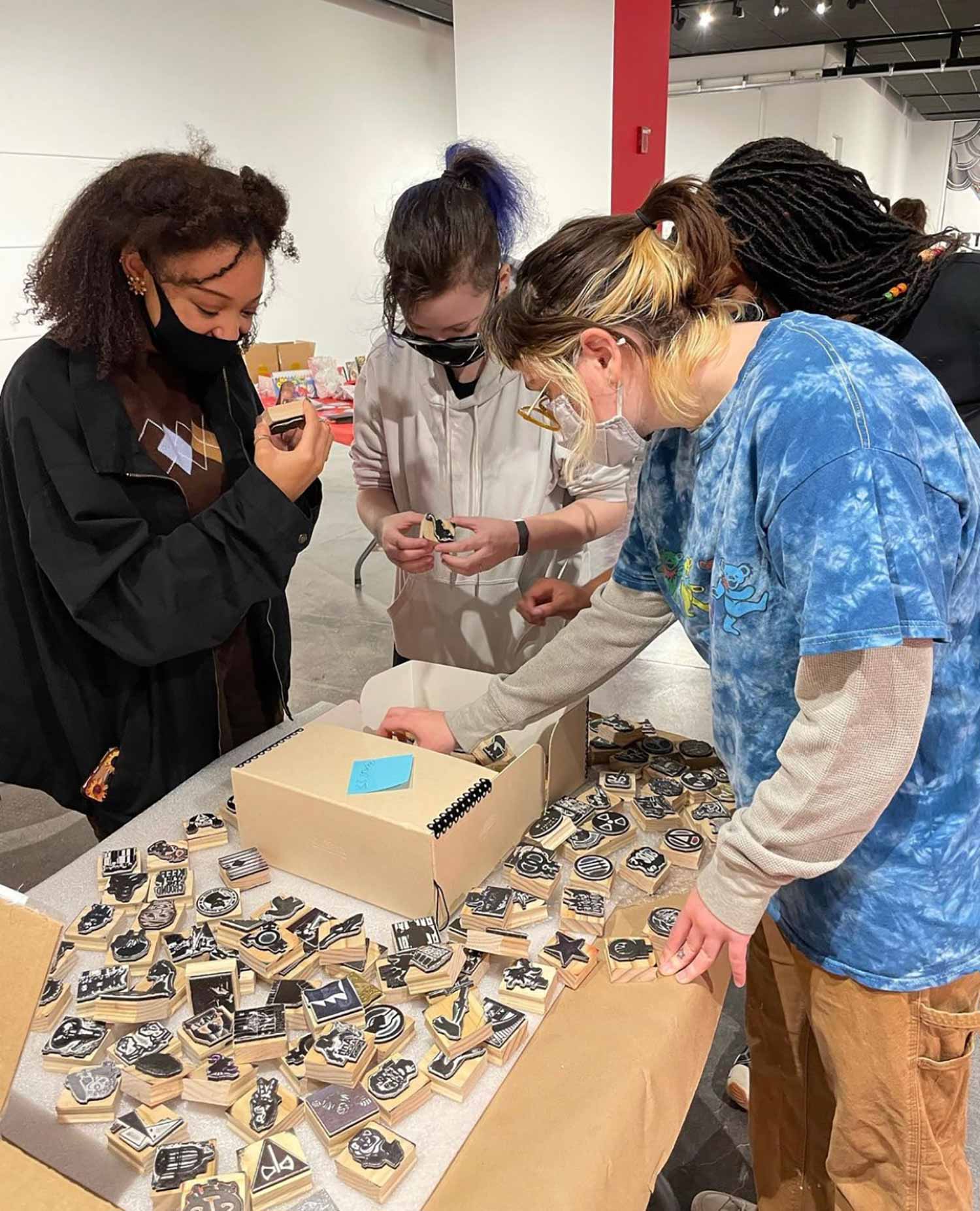
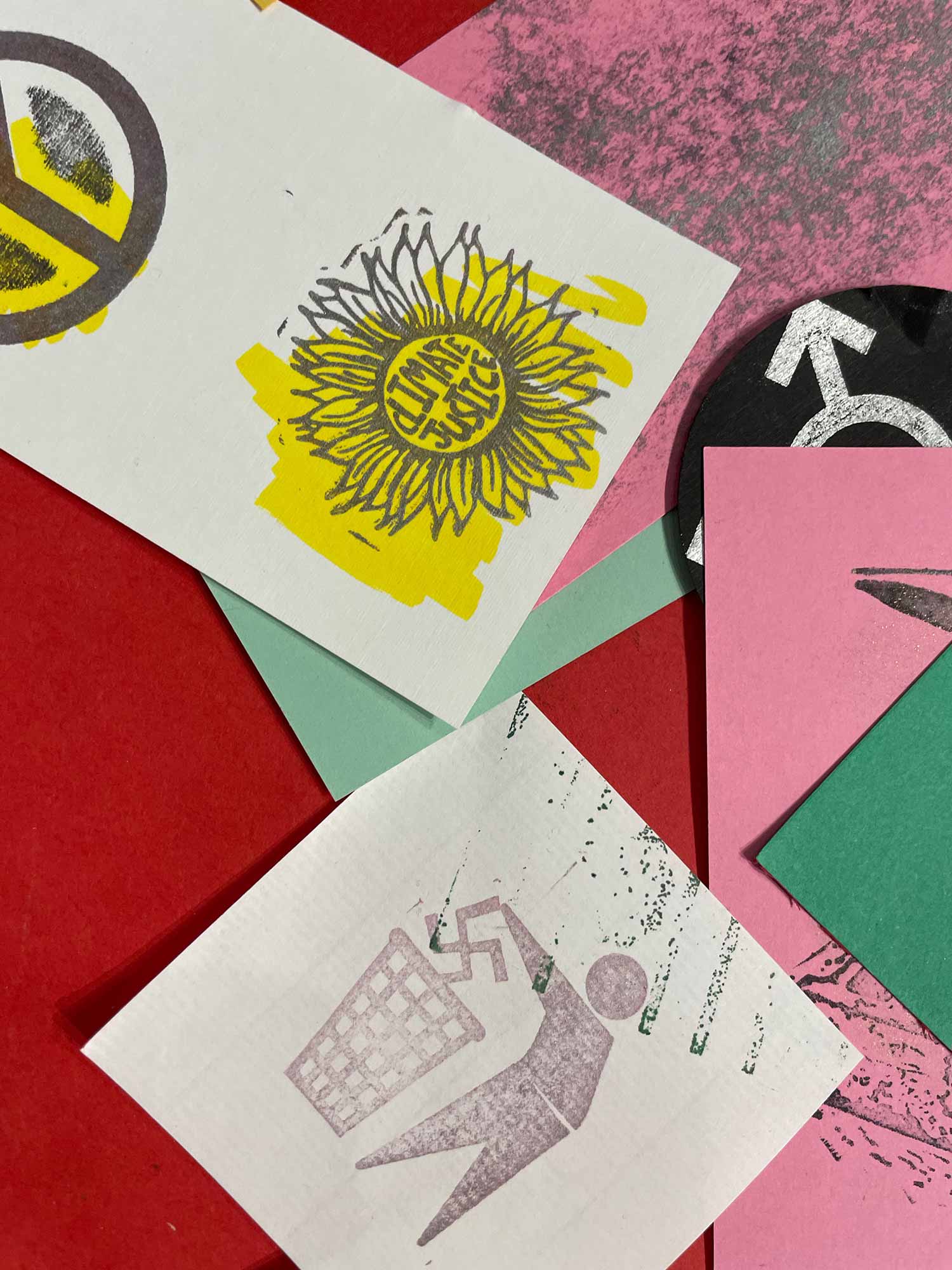
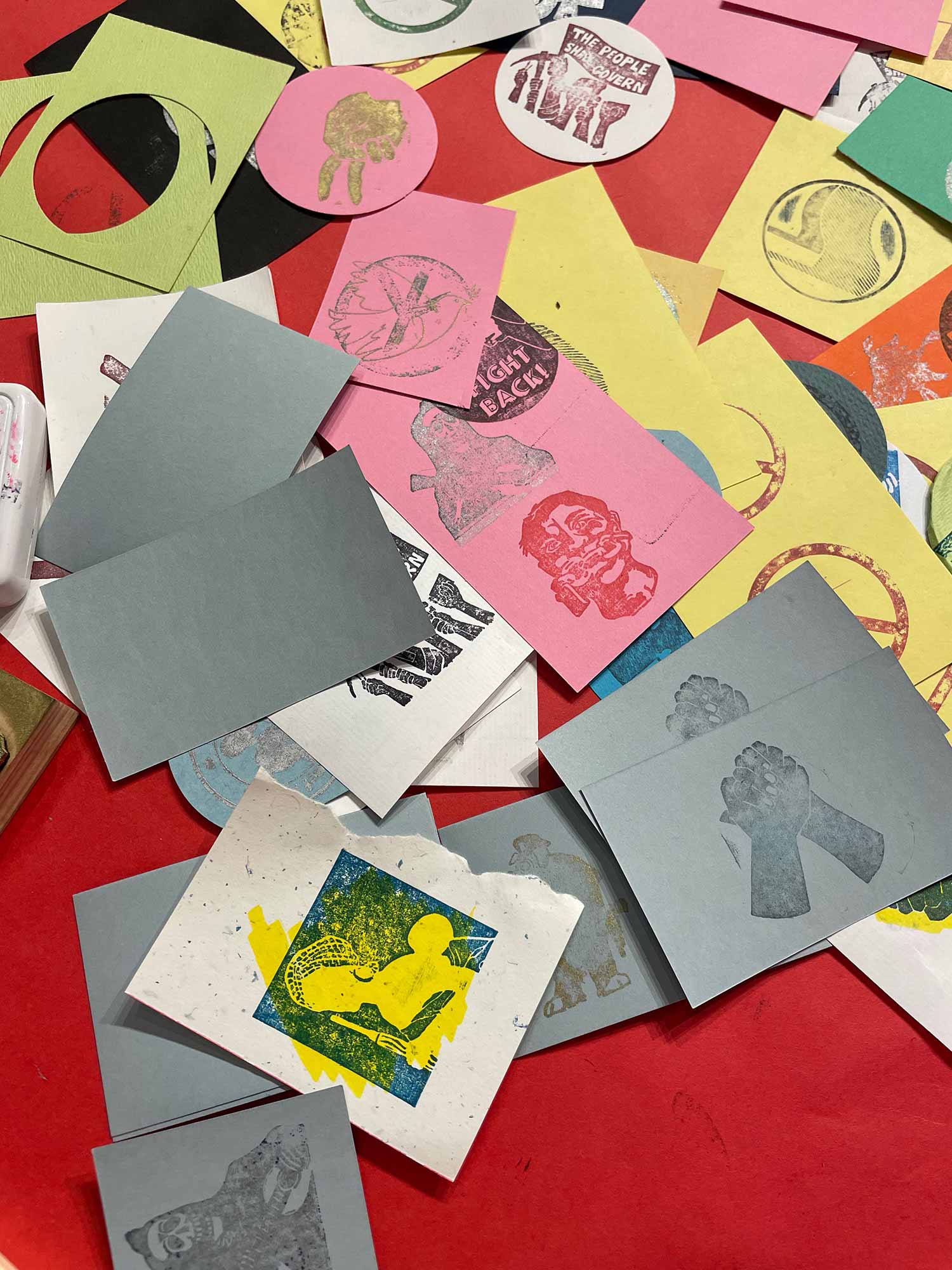
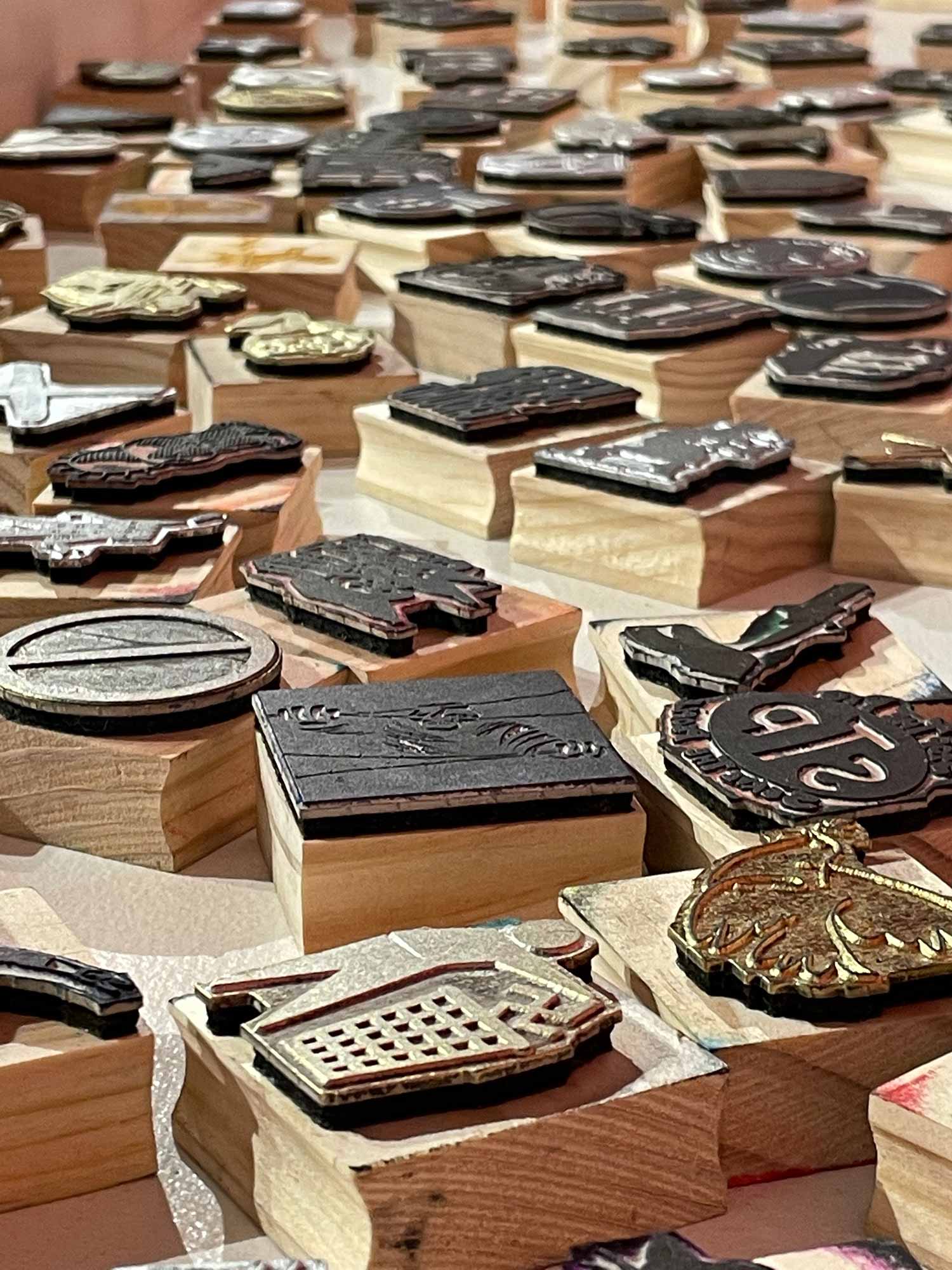
An organized and annotated set of historical political graphics and an accompanying risograph printer. A Lexicon of International Political Graphics is an installation of 105 vinyl panels, each 11”x17” and 2-sided. Each of the panel’s frontsides feature a popular political graphic (from the past 200 years and from over a dozen different countries), and the backsides feature images and text that tell a short history of the creation and usage of the image on the front. Together these panels make for a graphic design history of the left. The panels are installed so that they can be easily taken off the wall and rearranged, and near the installation is a risograph and work tables, so that visitors can take panels down, make copies of them on the riso, then cut out and reassemble new imagery and posters from the source material the Lexicon provides. Wall space is dedicated to collecting and hanging visitor-made works, which became a default “leave a stack of work product, take other peoples posters with you” sharing space and evolving exhibition element:
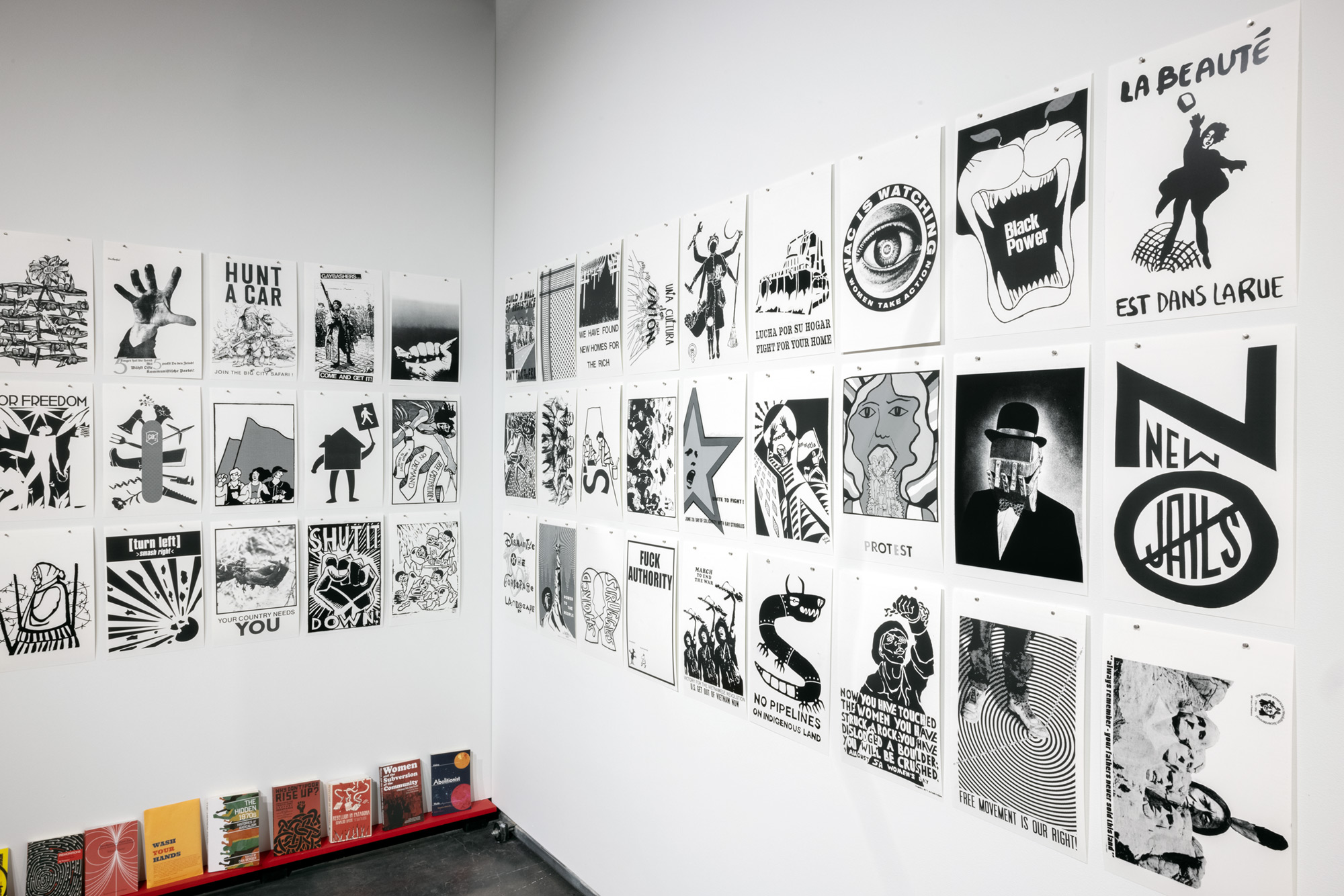
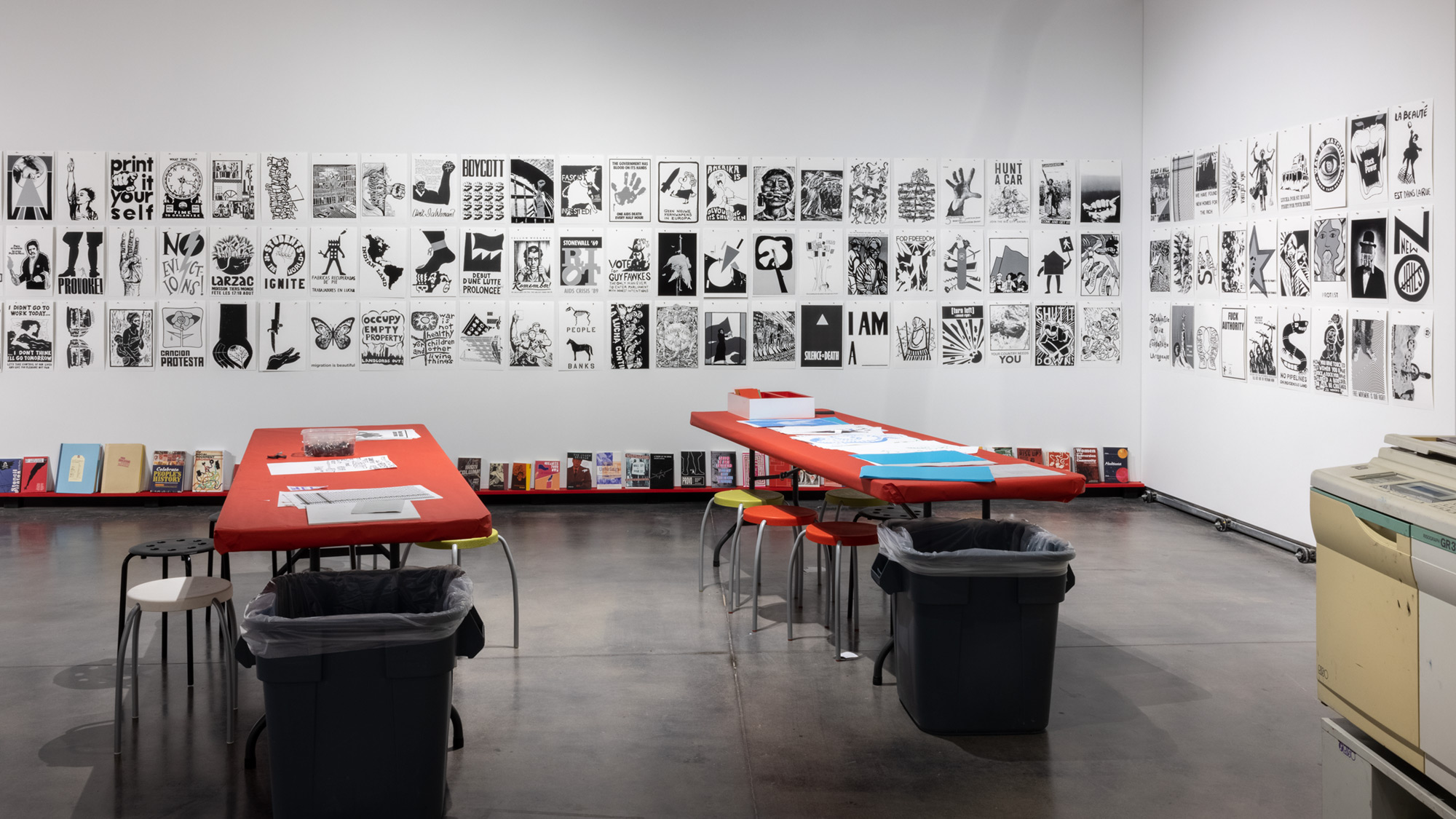
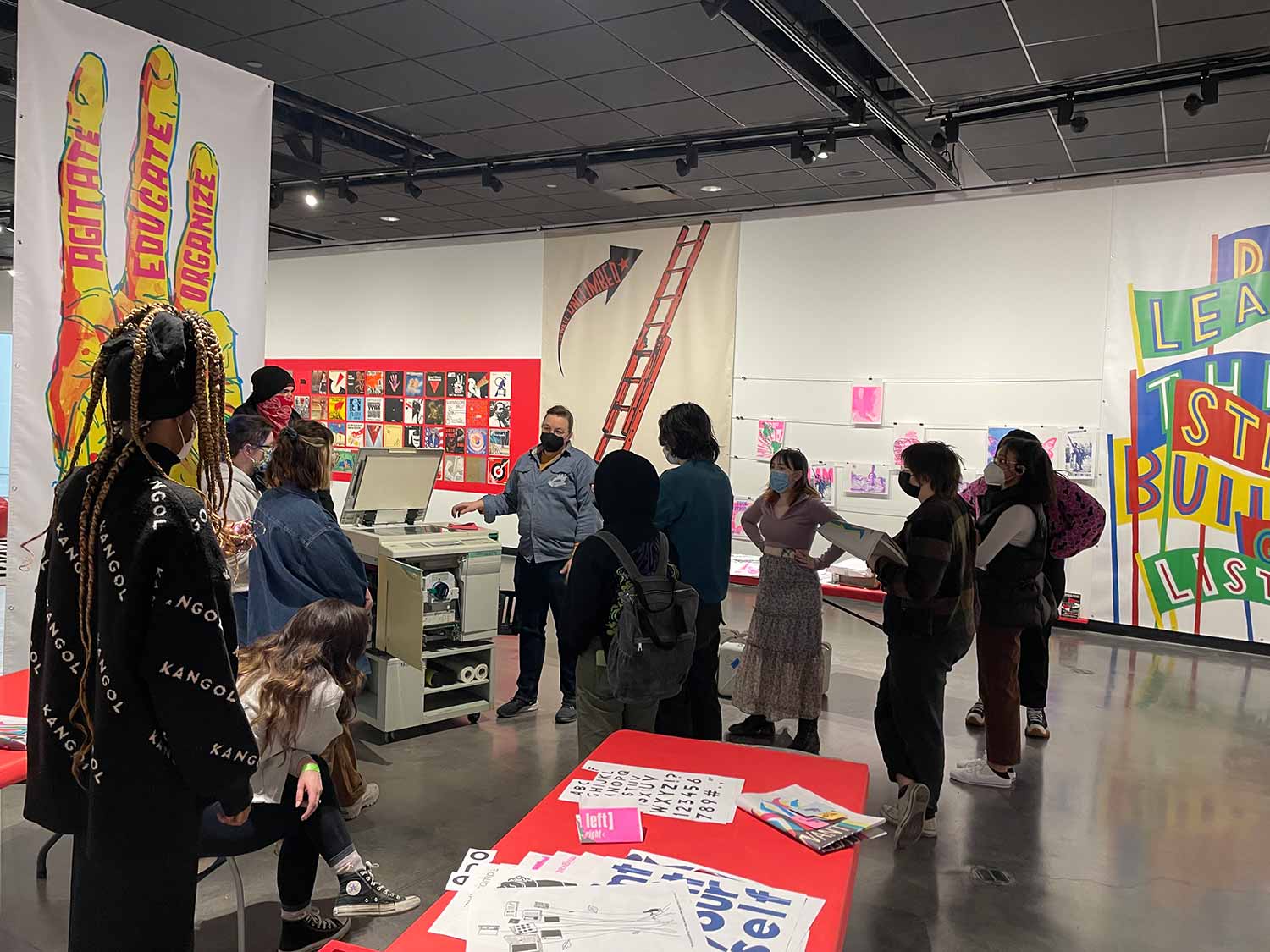
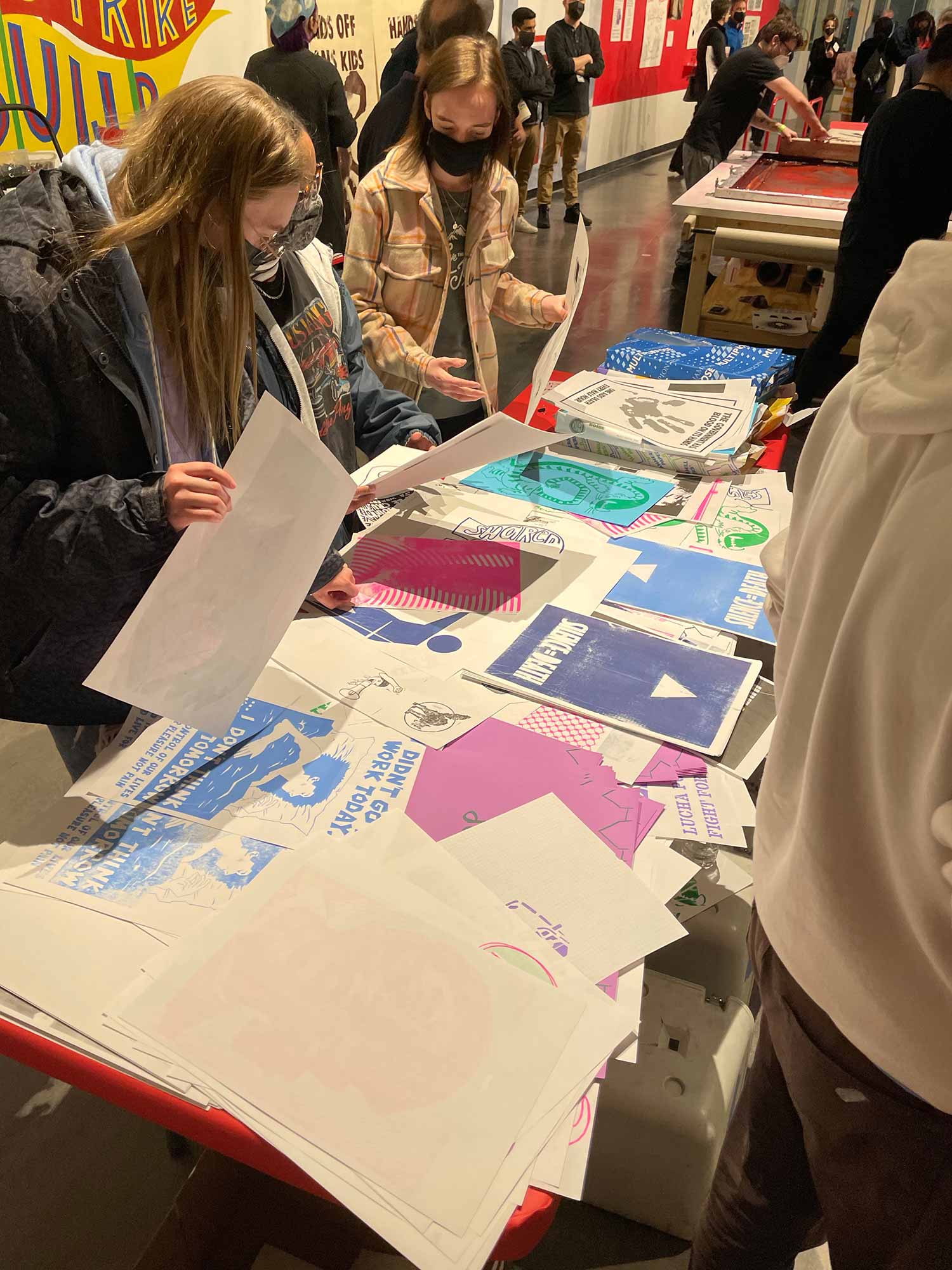
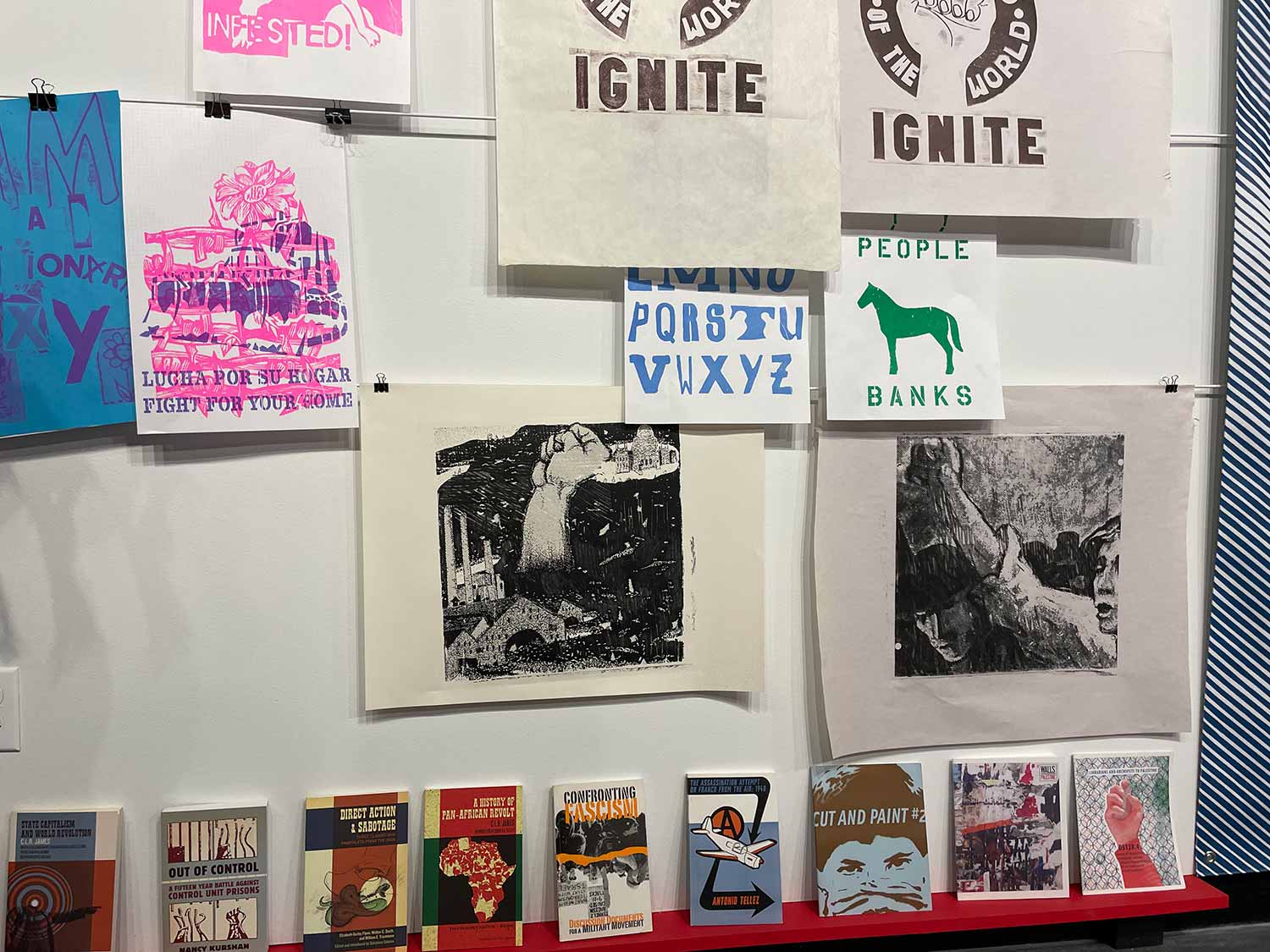
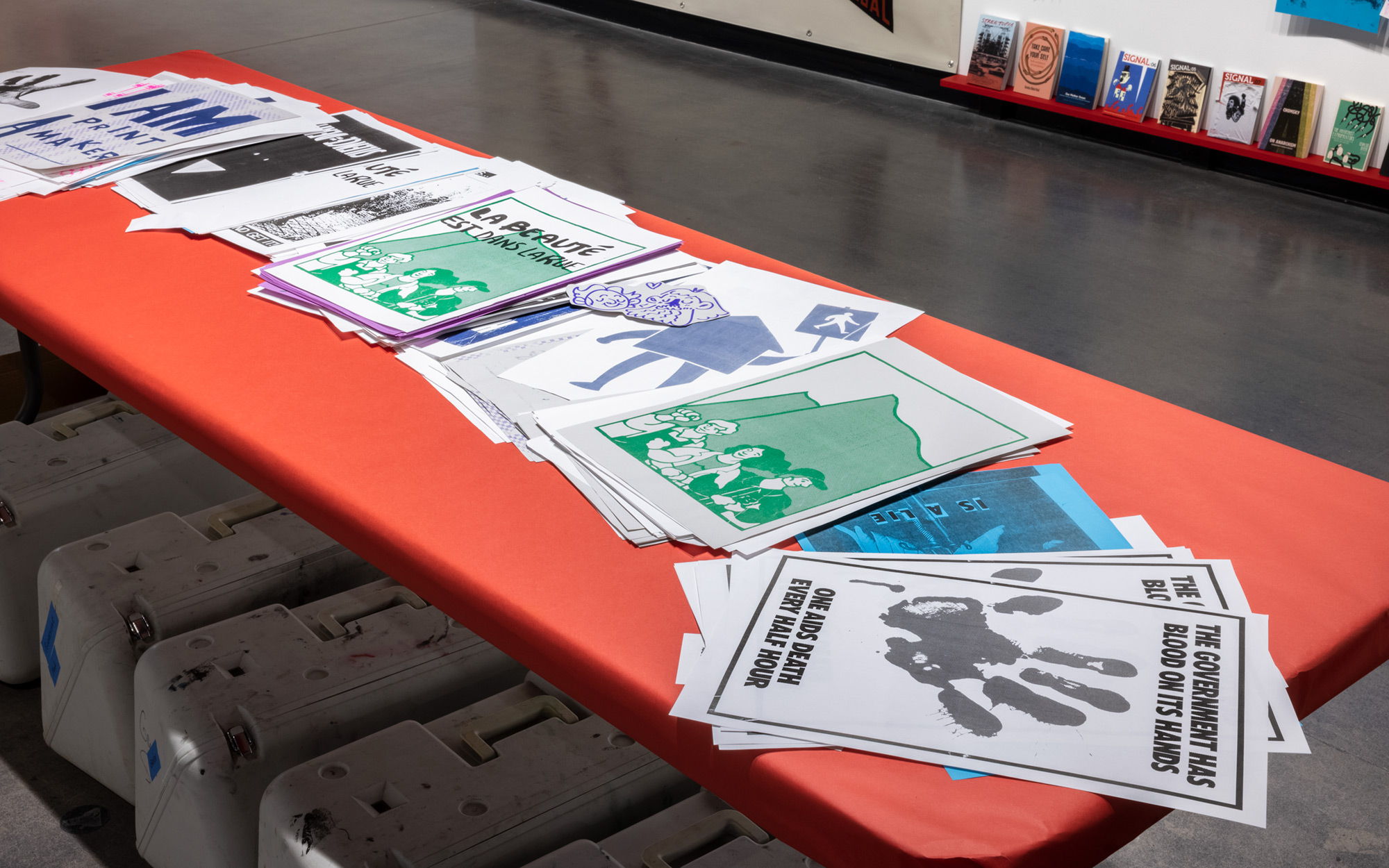
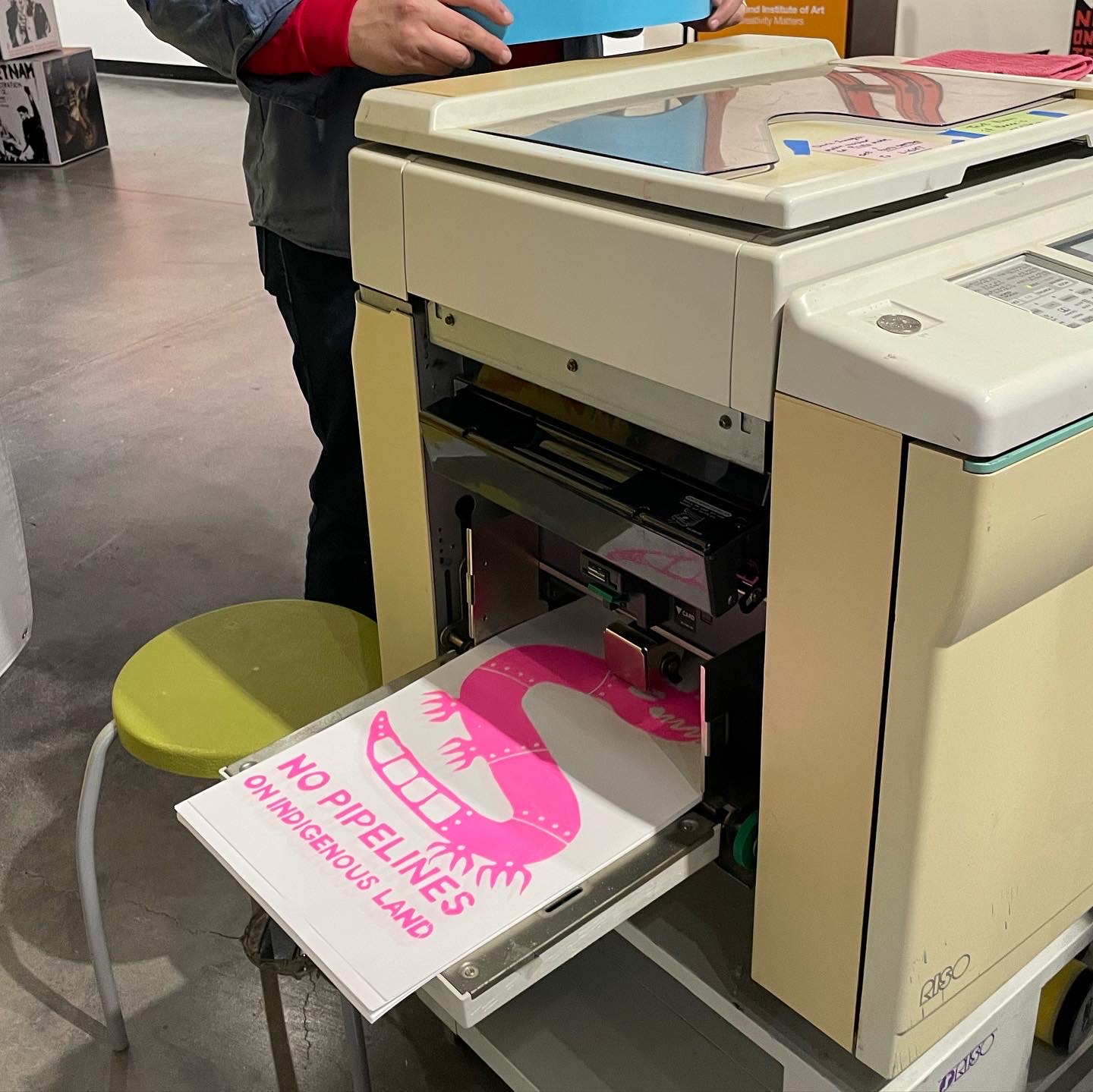
A set of 6 black, plexiglass cubes that double as relief blocks which can be printed. Each side features an image from the history of the raised fist:
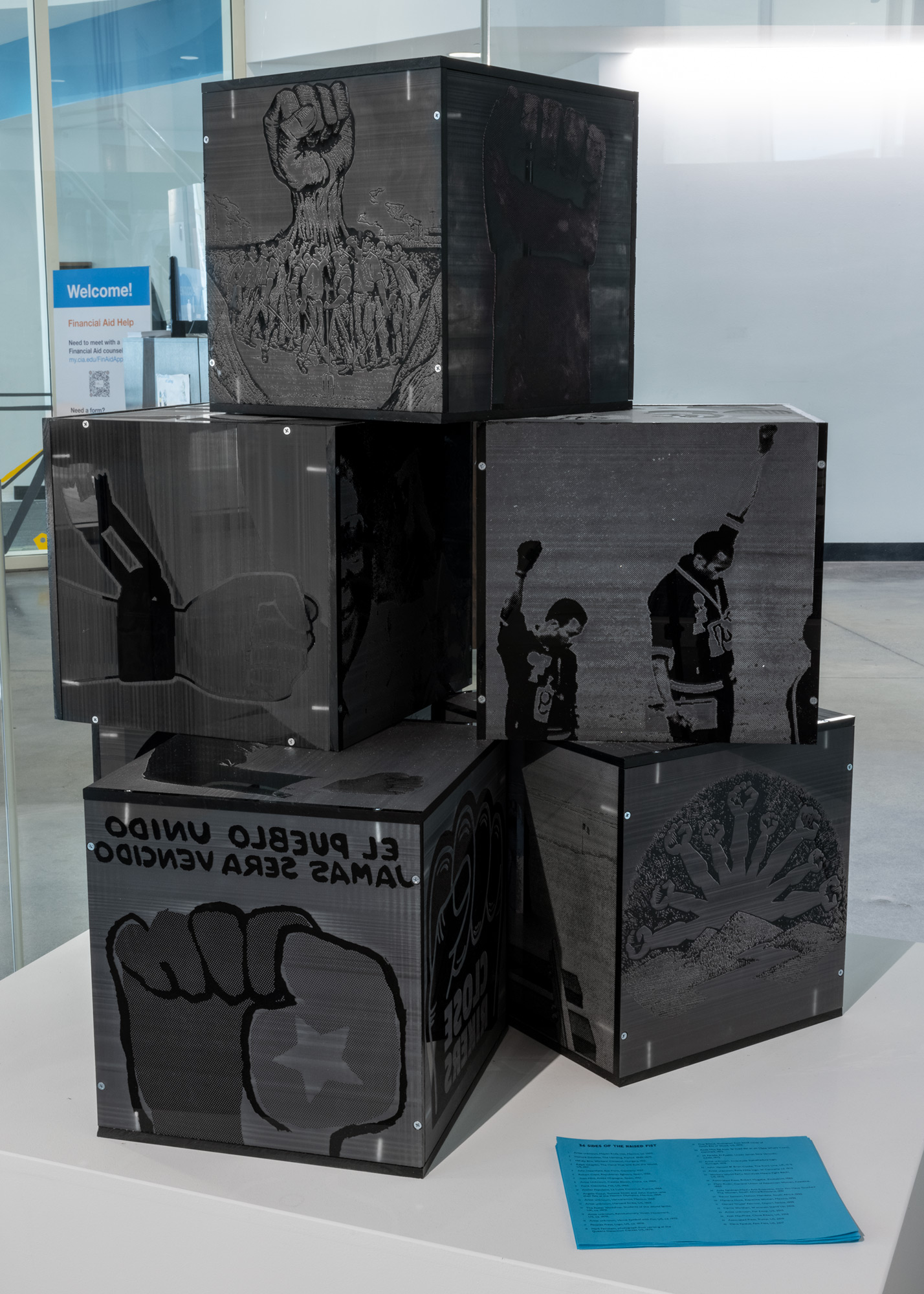
A larger-than-human size screenprinting set-up:
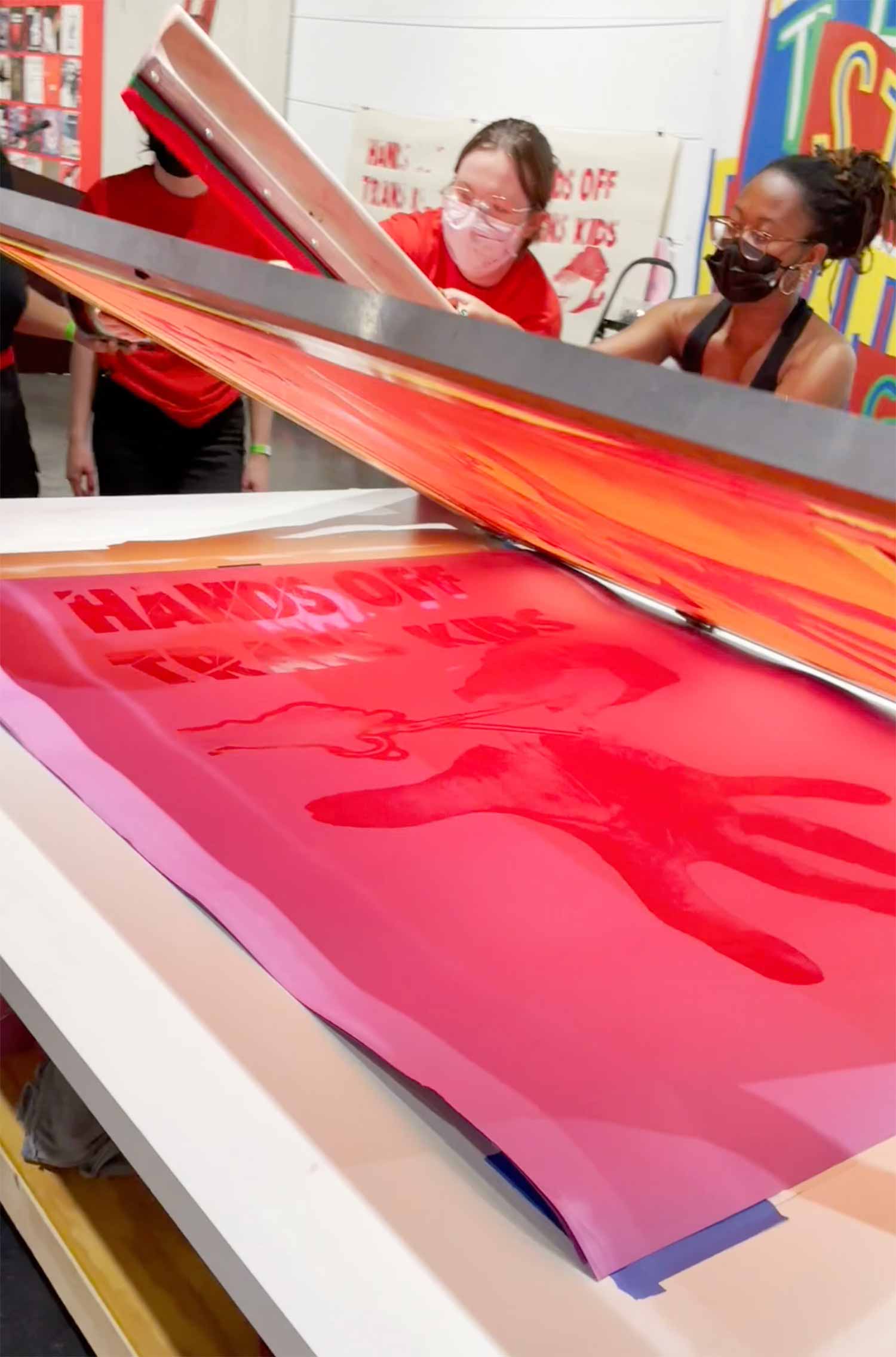
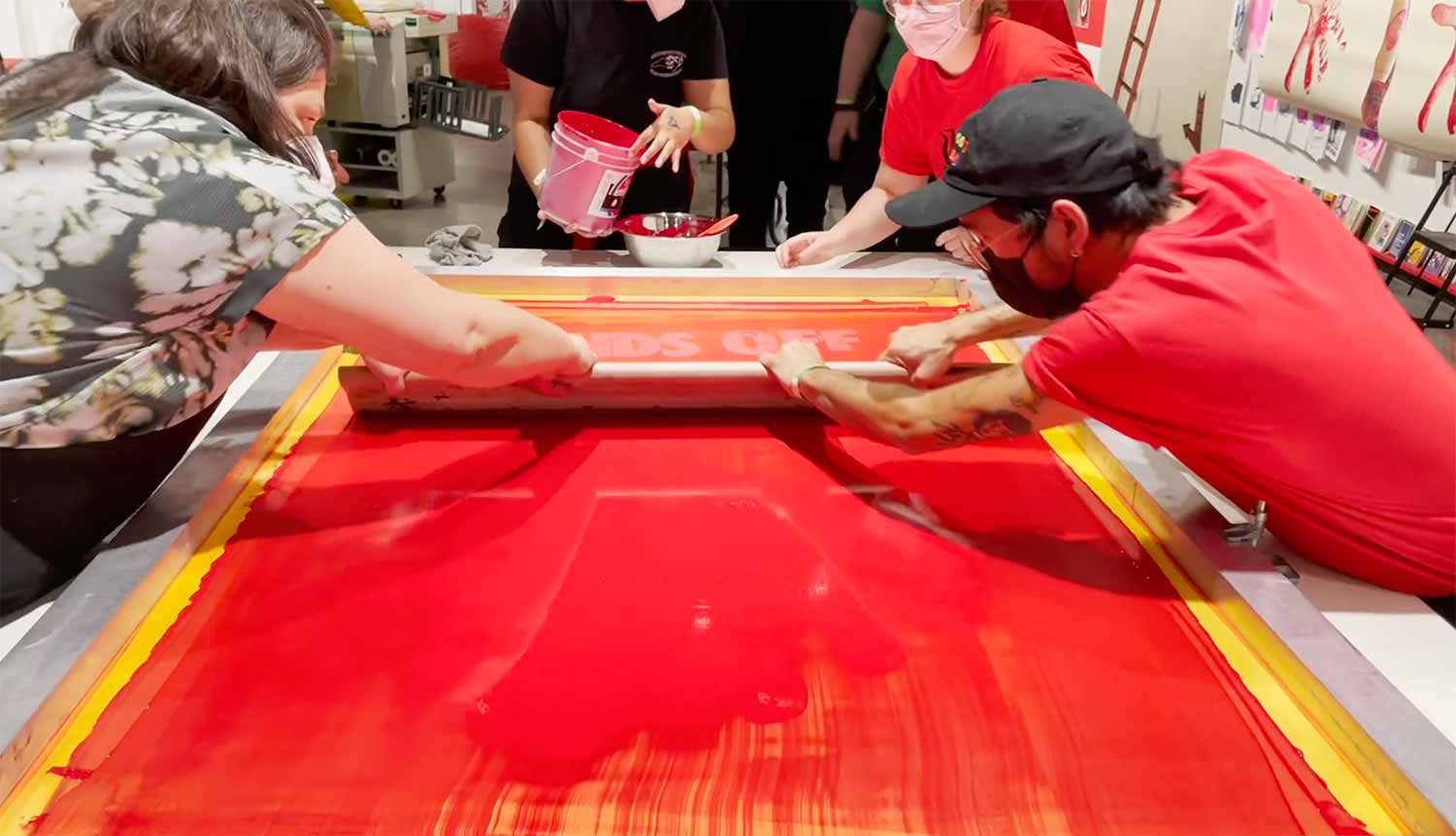
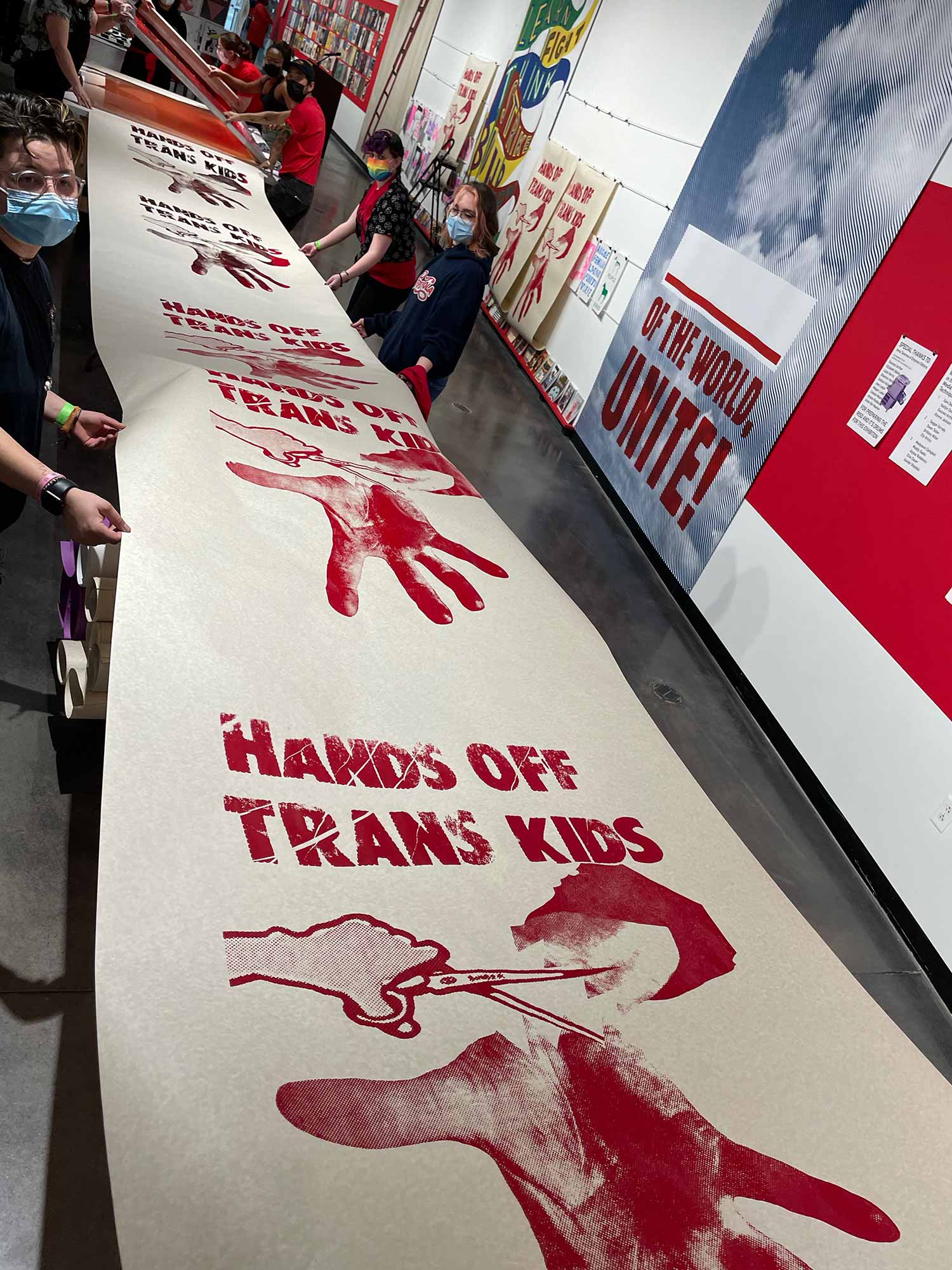
All of these projects help to illustrate that social movements across issue, geography, and time have created a shared and overlapping visual language. Made up of common iconography and codified gestures, this language allows these movements to communicate internally, to a broader audience, and to each other. I believe the strength of this language is rooted in its openness and ability to evolve, and with We Want Everything I am inviting visitors to not only look at this imagery, but to engage with it, to “speak” using it.
The imagery that people and groups engaged in social justice create is not hermetically sealed within those movements, it spreads into the broader world, and is picked up and used by all kinds of people. Some of this use is in furthering the goals of these groups and other uses are more recuperative—bringing the imagery into more commercial and capitalistic contexts. It is often hard to tell these things apart, and a core component of We Want Everything is a series of collections of imagery that show how this visual language circulates.
A full display of the Celebrate People’s History poster series I organize is on display. The 160 colorful 11×17 posters make a perfect visual complement to the black and white Lexicon panels. They also function as a great library of imagery that uses, evolves, and detournes the iconography in the stamps and Lexicon:
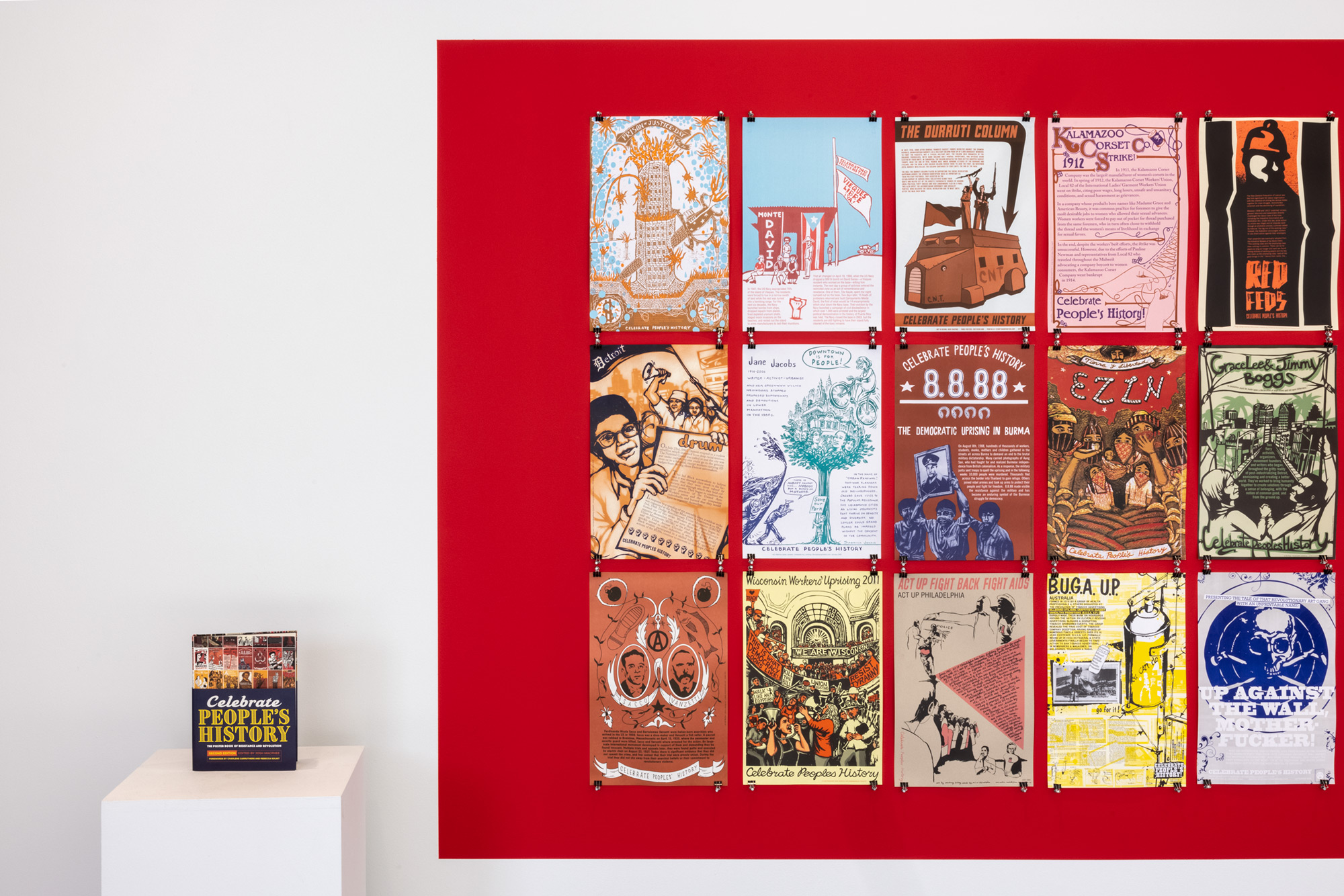
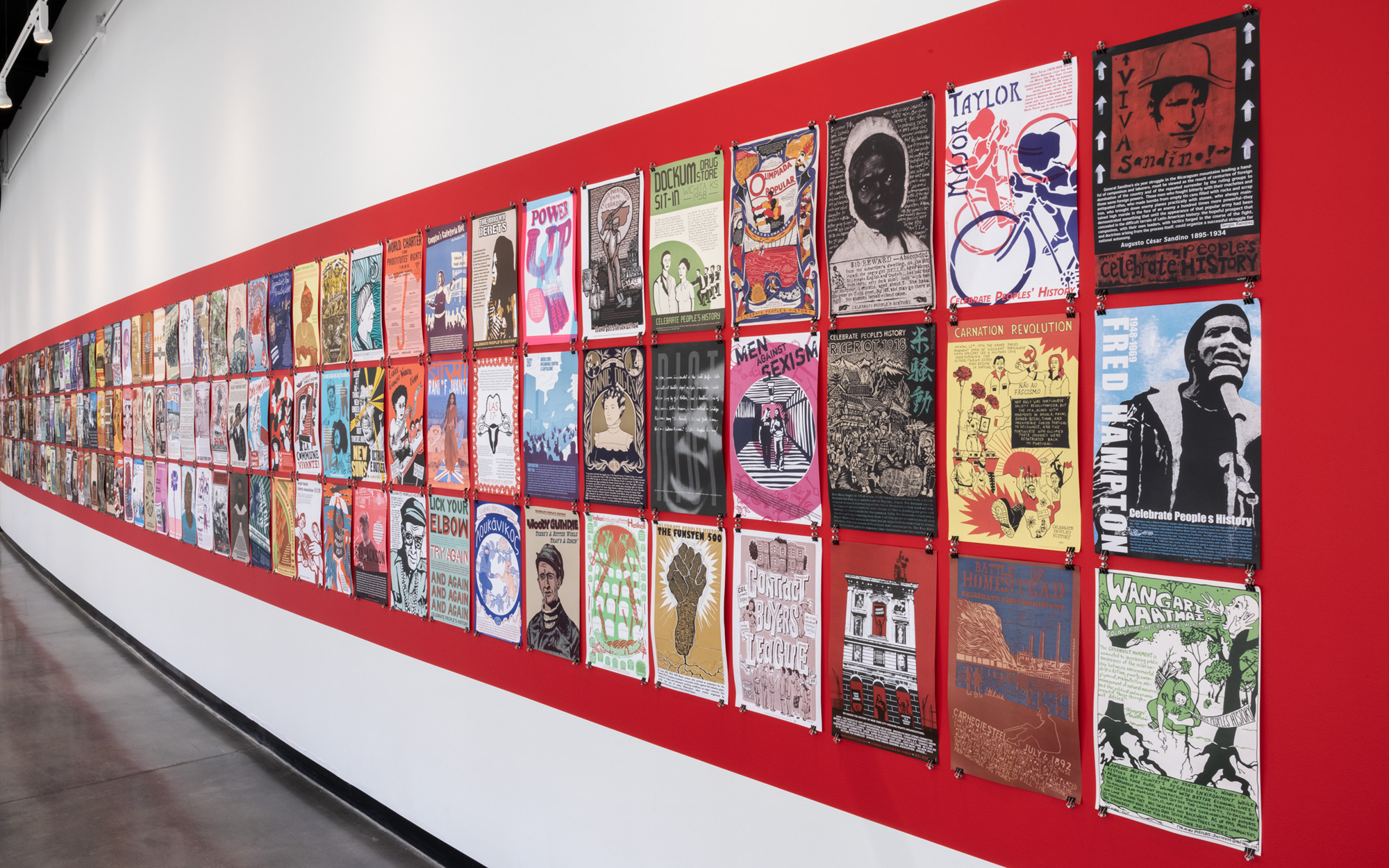
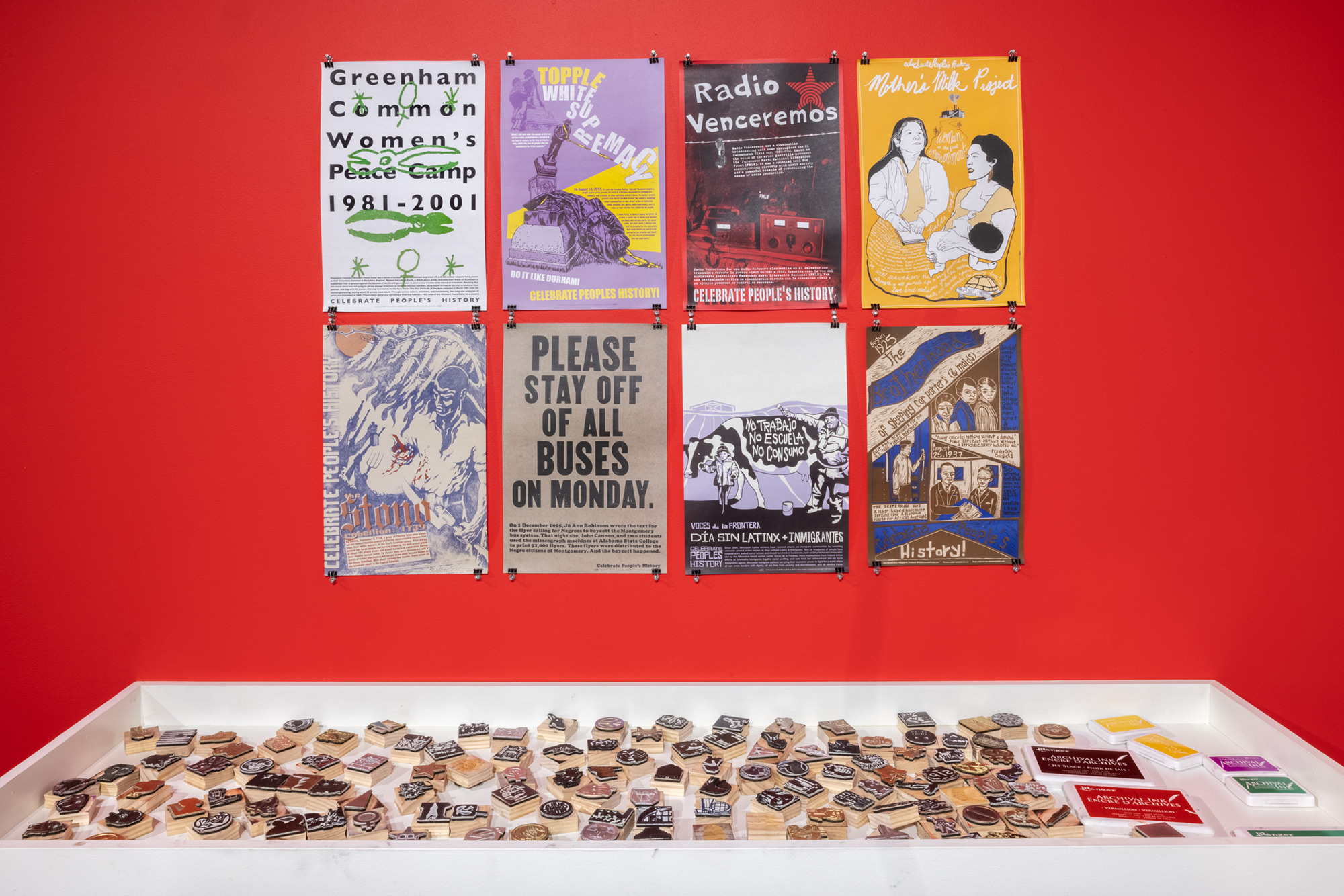
There is a collection of 198 record covers on display. I like to include vinyl record covers in this context because they are a perfect example of the complexity of how political imagery circulates, and to what end. Records are consumer items, but music is also something that is very important and emotionally connected for many people. When movement iconography shows up on pop records, it is certainly being recuperated to sell product, but music is so core to people’s identities that these images may have as profound an impact on their audience as they would in a more political context. For We Want Everything the record covers on display all feature key visual elements seen in the rubber stamps and Lexicon of International Political Graphics (fists, flags, wedges, Rodchenko imagery, Heartfield imagery, Kollwitz imagery, etc.):
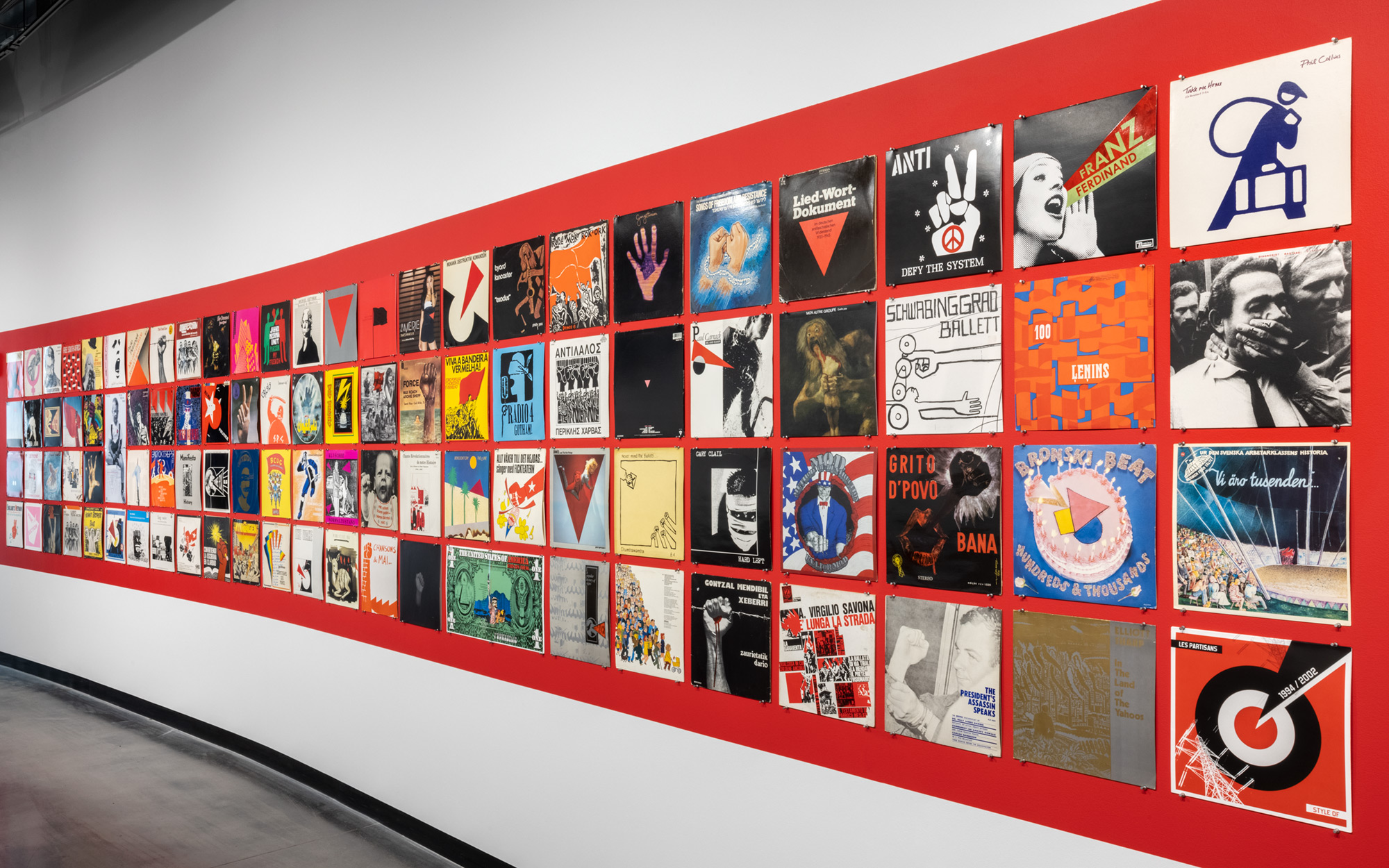
The show also features a collection of over 200 books and publications that I’ve designed covers for. The wrap around the gallery on a ledge close to the ground, and make for an interesting impromptu library. Visitors are encouraged to pick up the books and read!
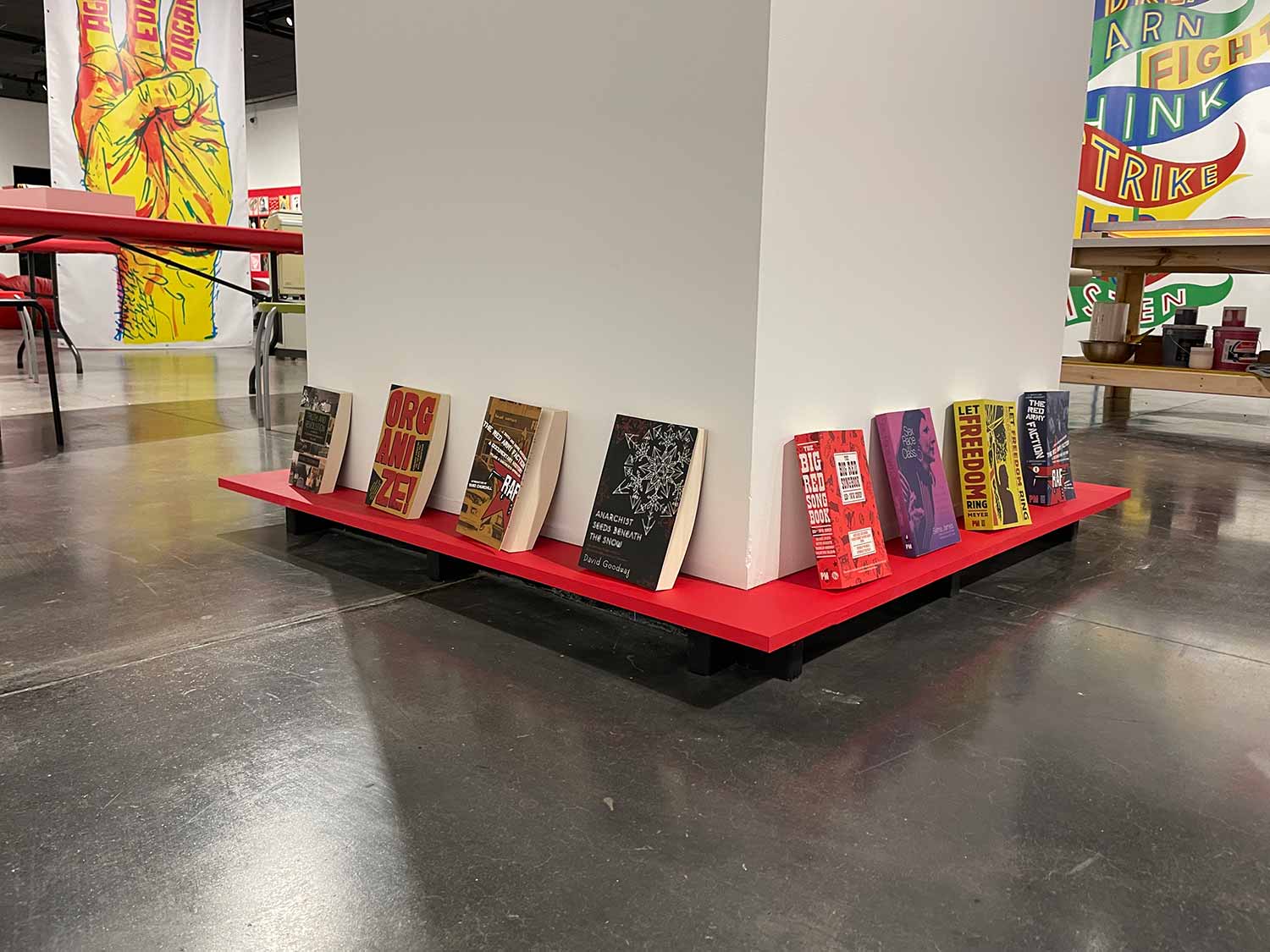
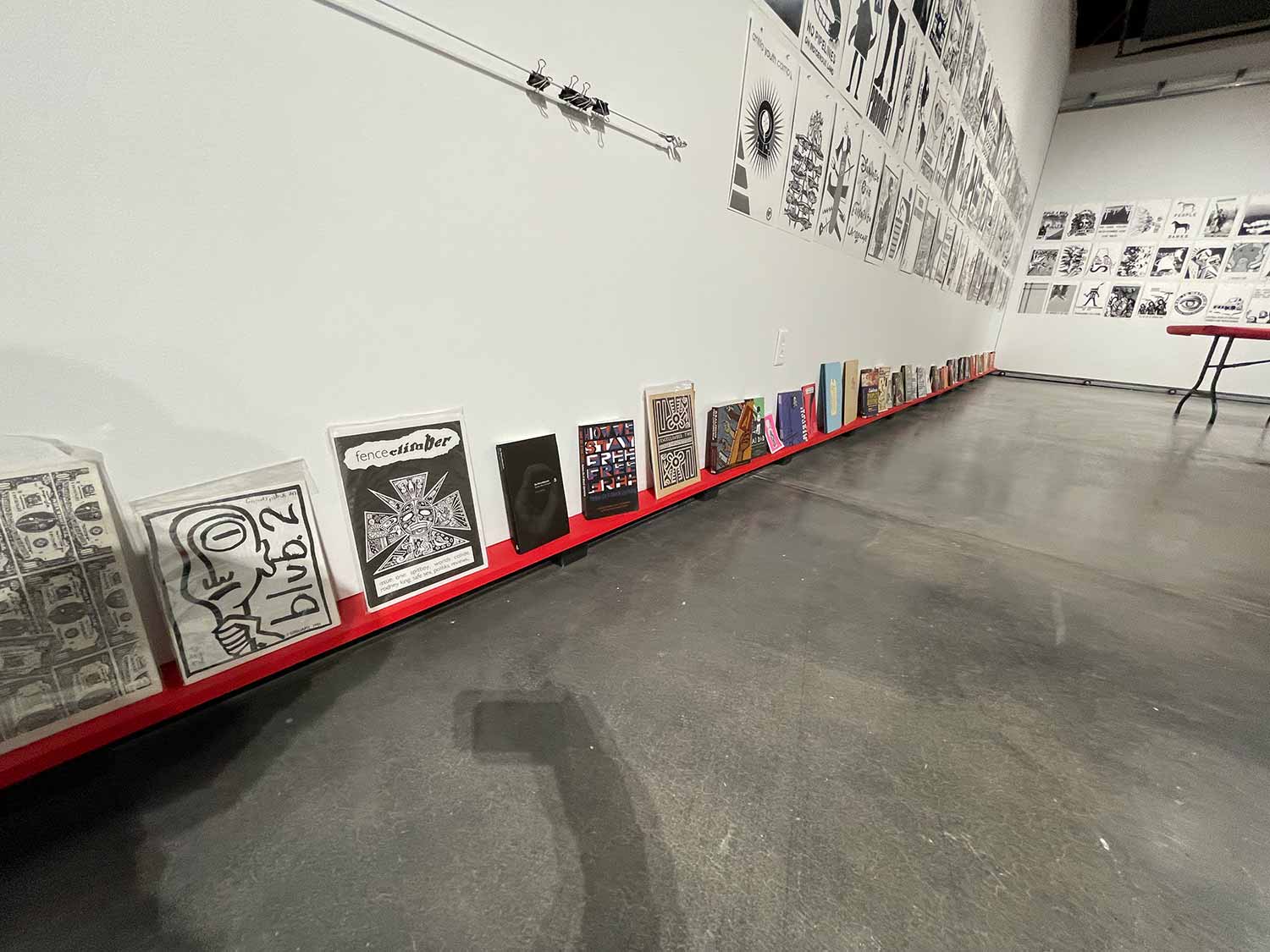
The front of the main Cleveland Institute of Art building features a massive digital screen dedicated to displaying electronic artworks. For the exhibition, I created a digital version of an earlier piece titled 50 Books, which is just that, a collection of 50 books whose covers feature clenched fists, with the books ranging from Civil Rights Movement texts, feminist mass market paperbacks, anti-apartheid activist biographies, and novels. These cropped images of book covers have been running on rotation outside the building for the entirety of the exhibition:
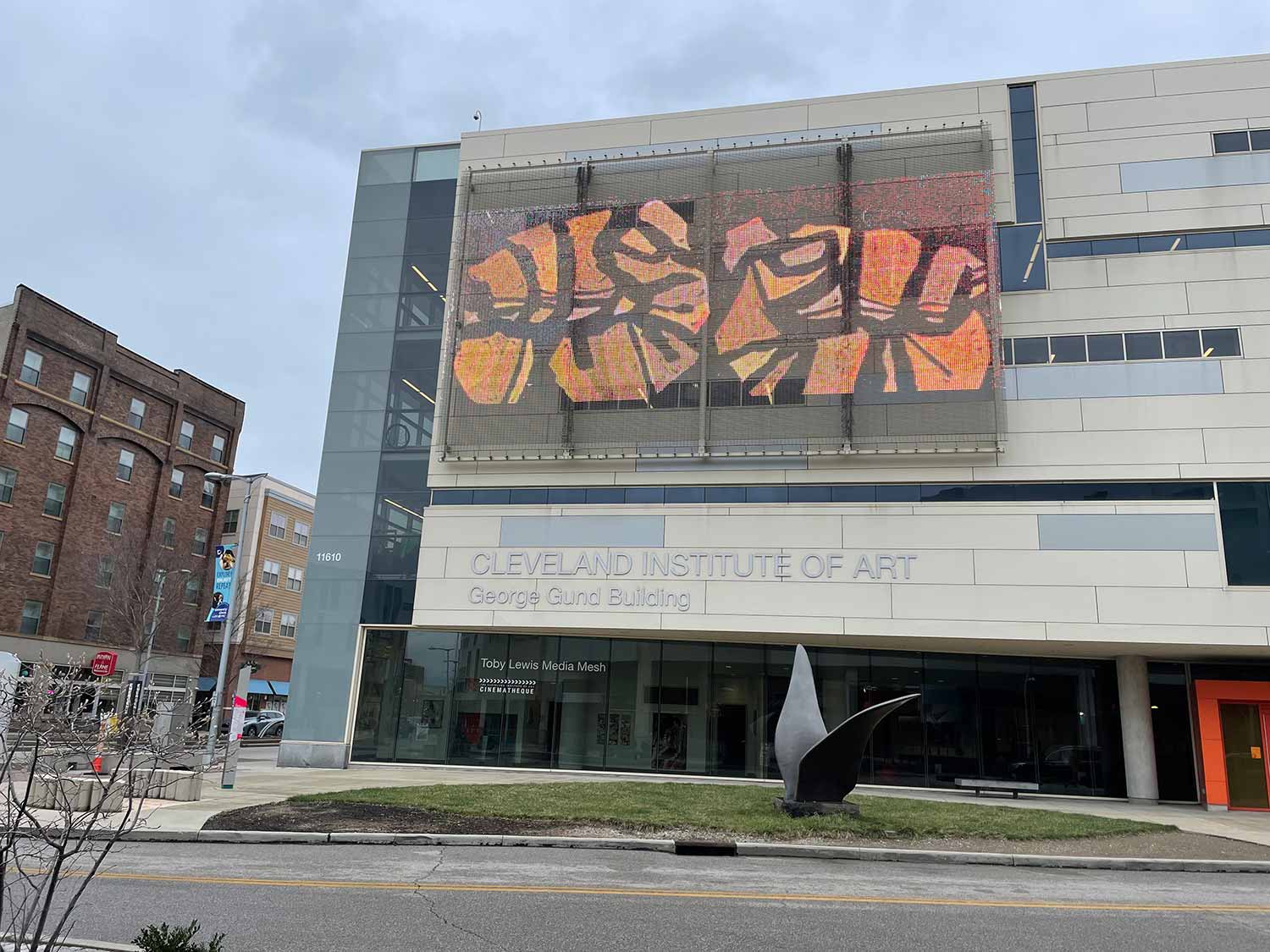
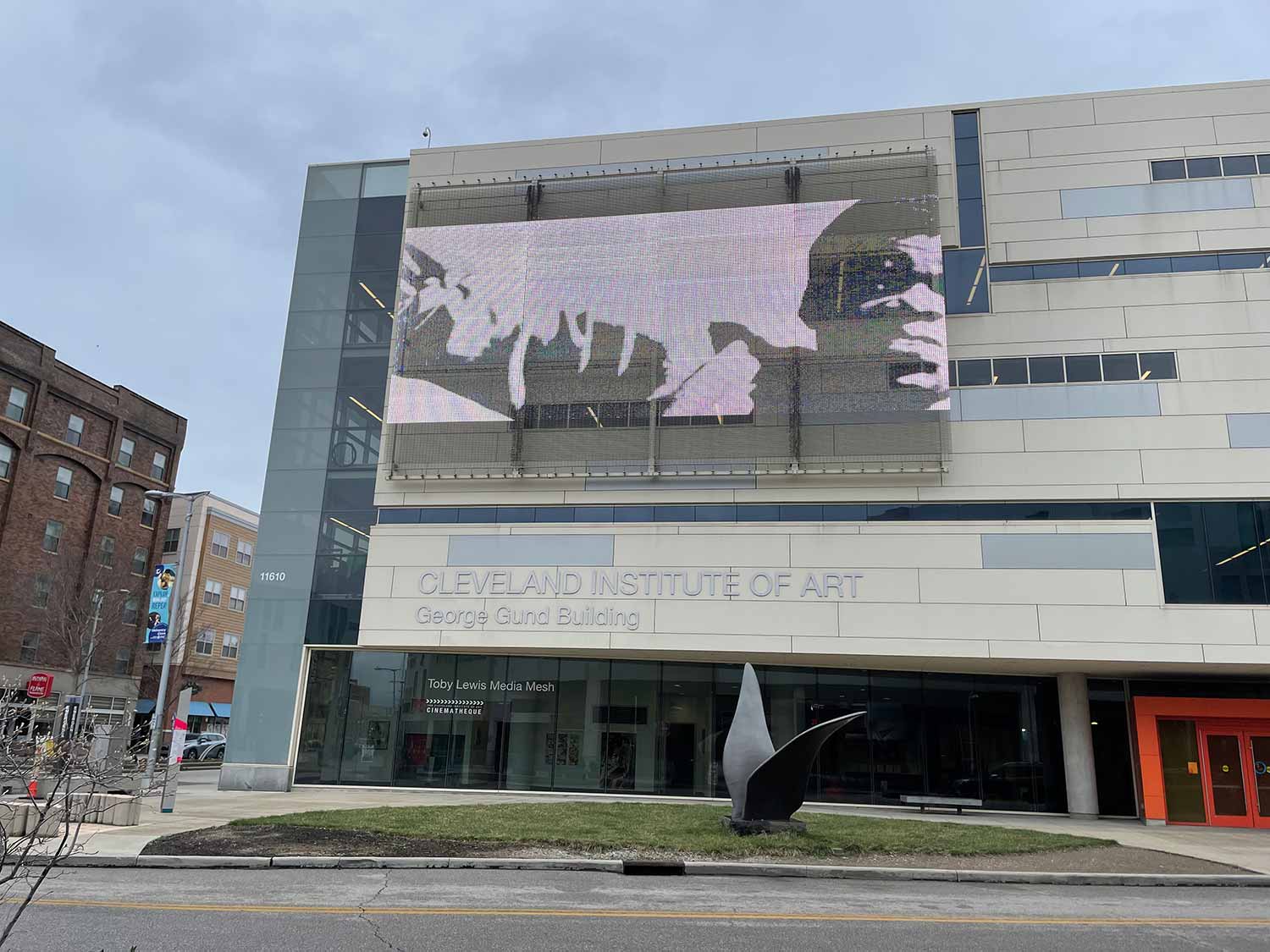
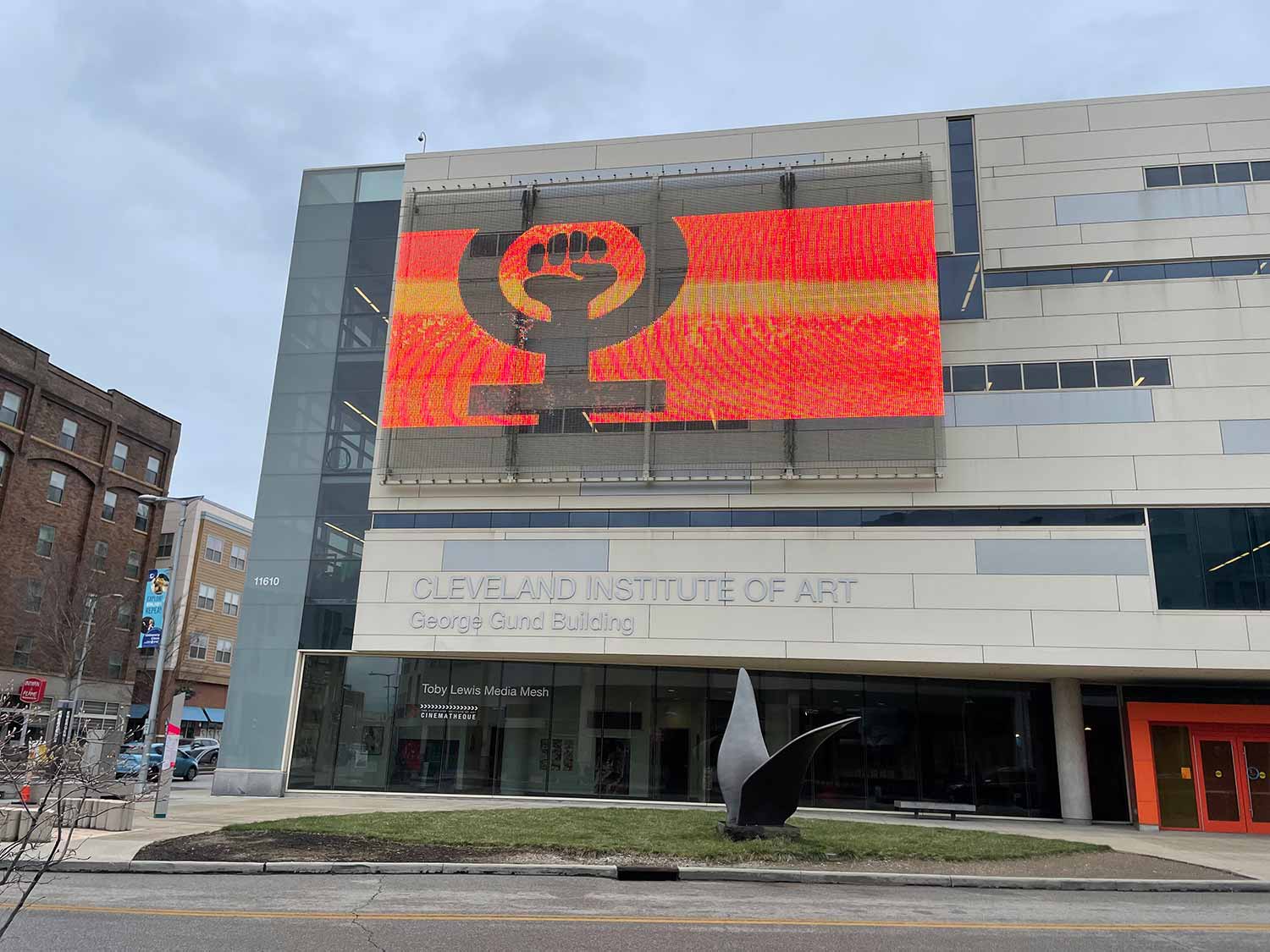
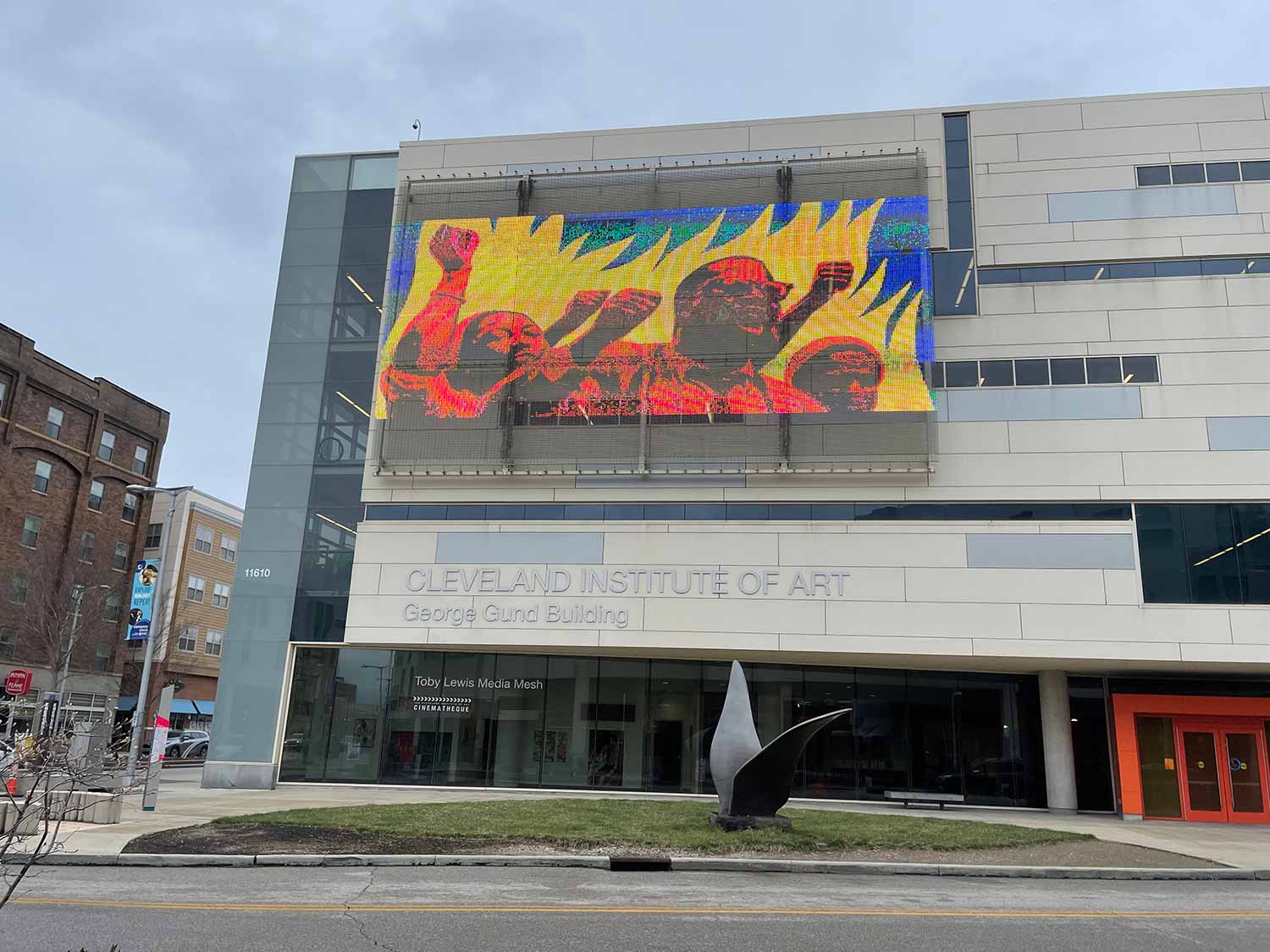
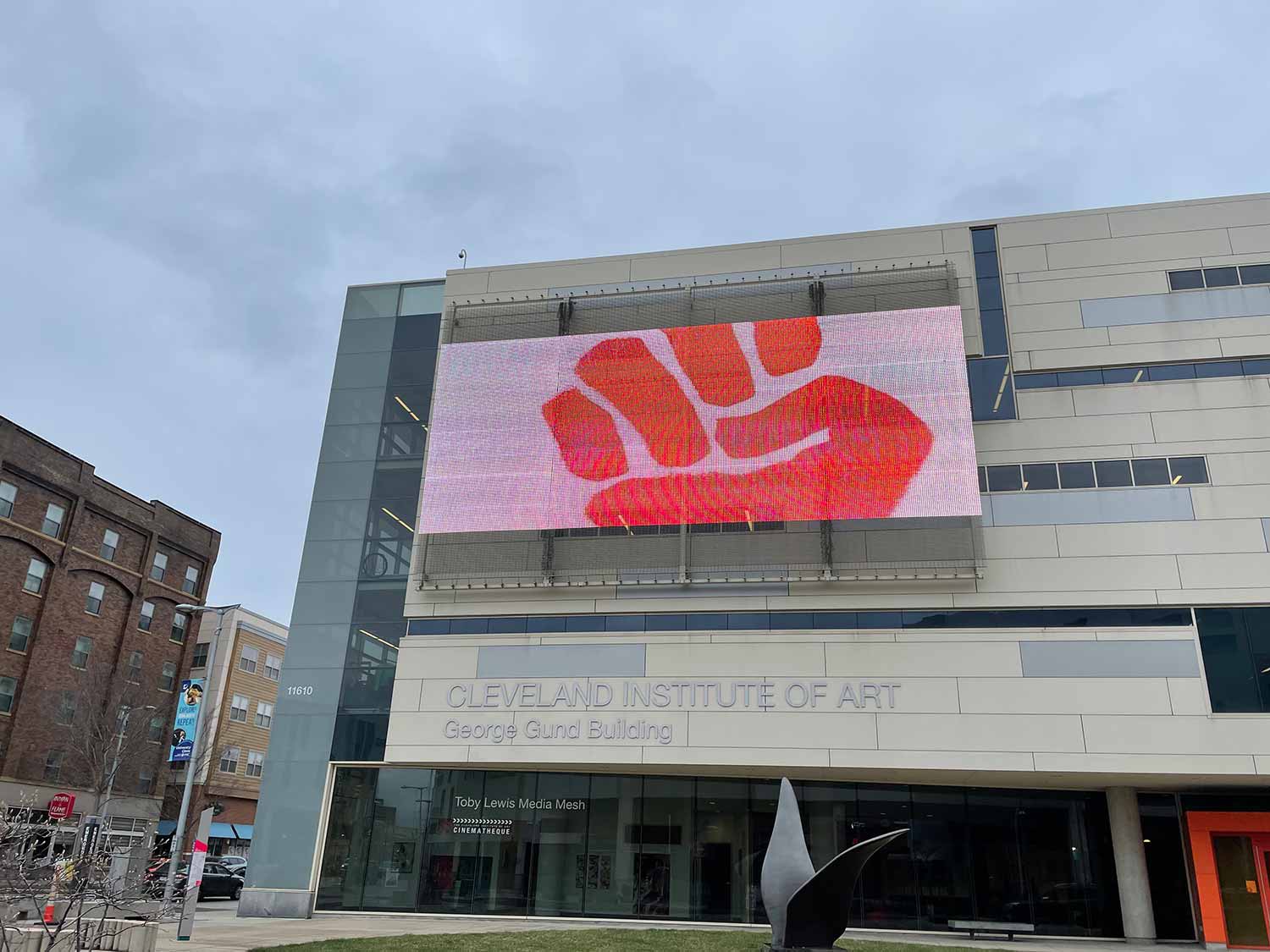
Finally, the show also includes a number of other, ancillary works, including a print portfolio I co-organized with the Institute’s Printmaking Department head Maggie Denk-Leigh (more on that, and images, to come soon!), a number of collaborative works by students made as part of a class on propaganda, a set of giant, 12 foot high banners featuring some of my political graphics, and a 12 ft in diameter rug emblazoned with my Build Communities logo, a black box gallery running my interviews with key political graphics producers (Emory Douglas shown below!), and a 32 page newsprint broadsheet we created just for the show:
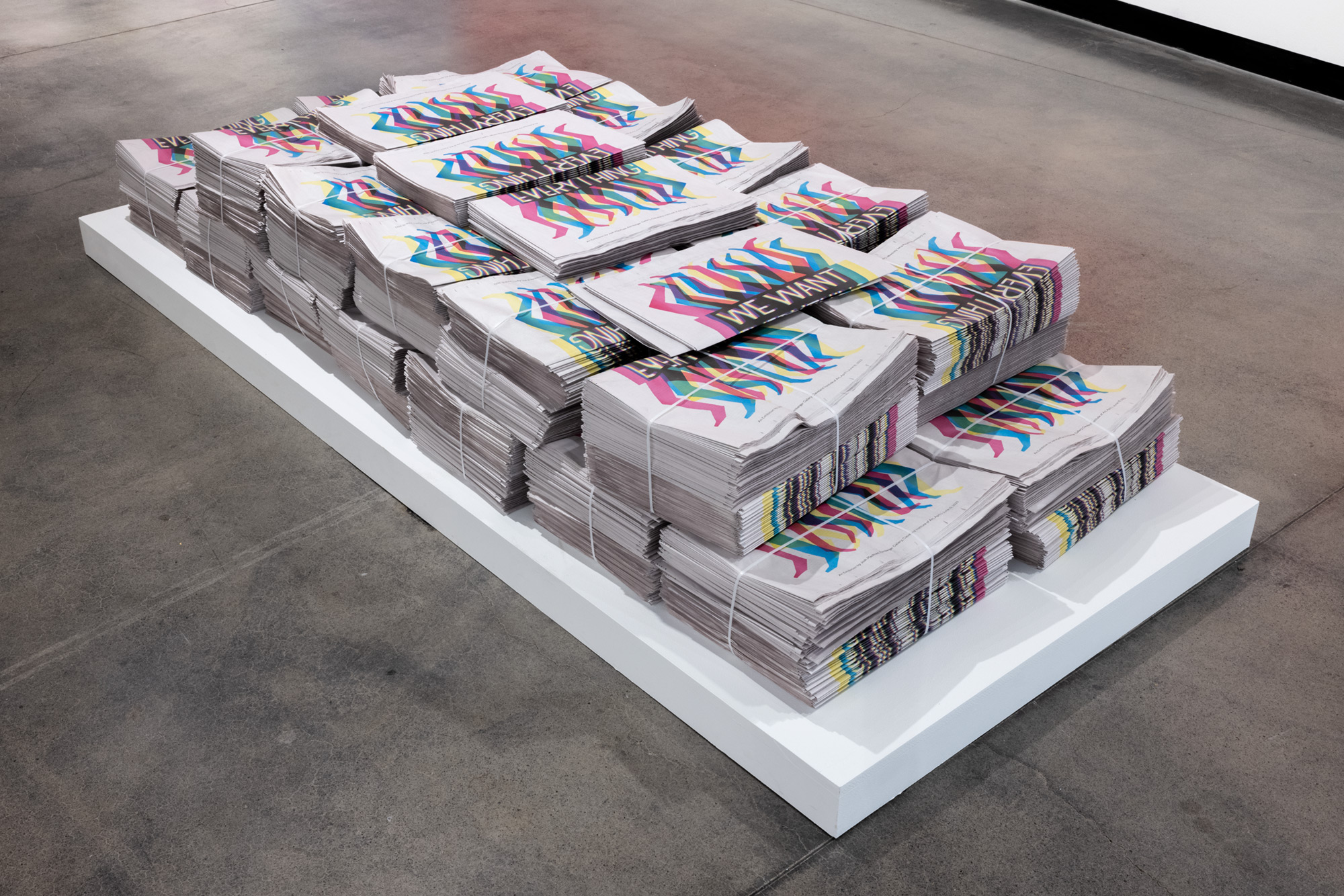
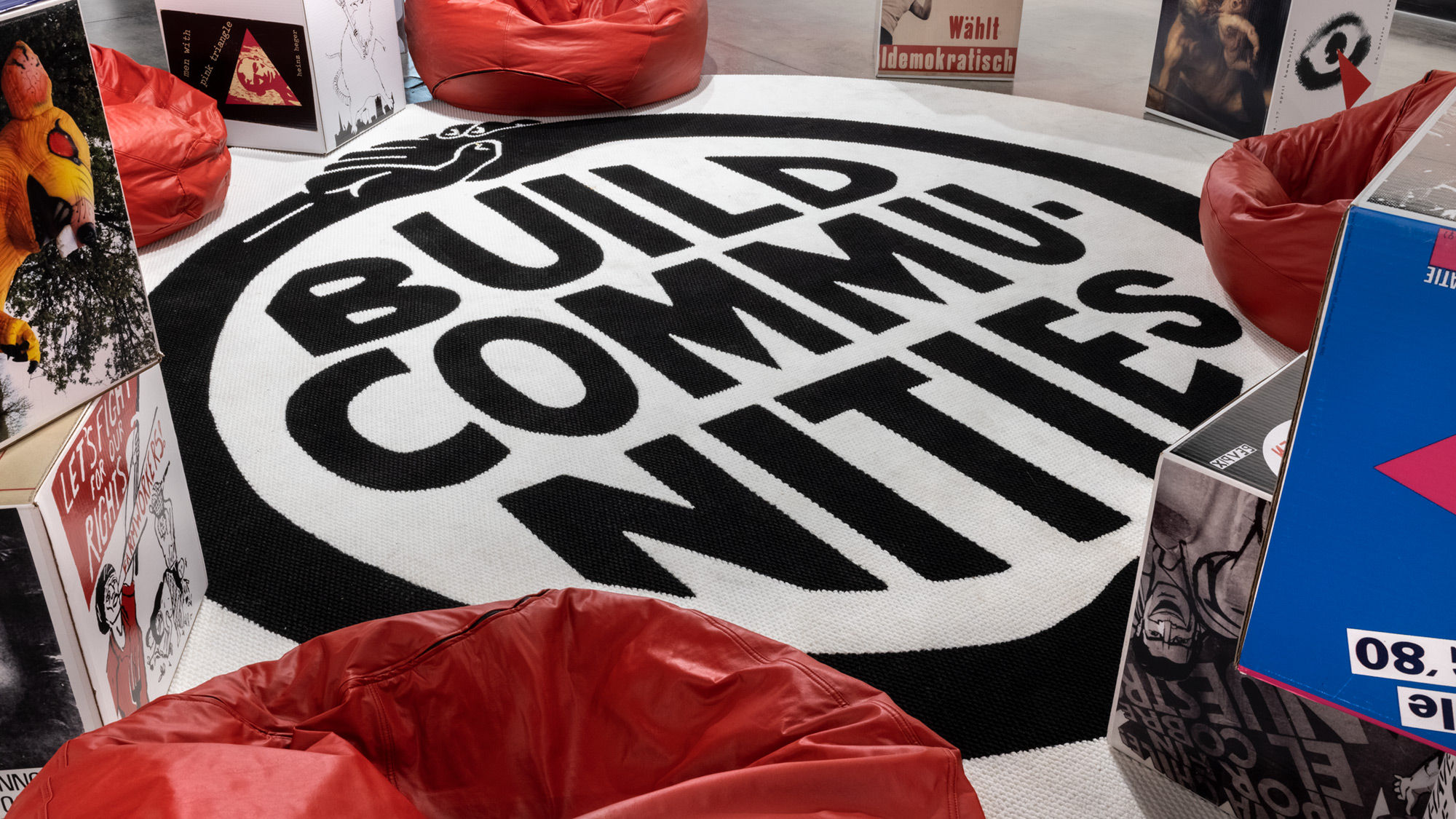
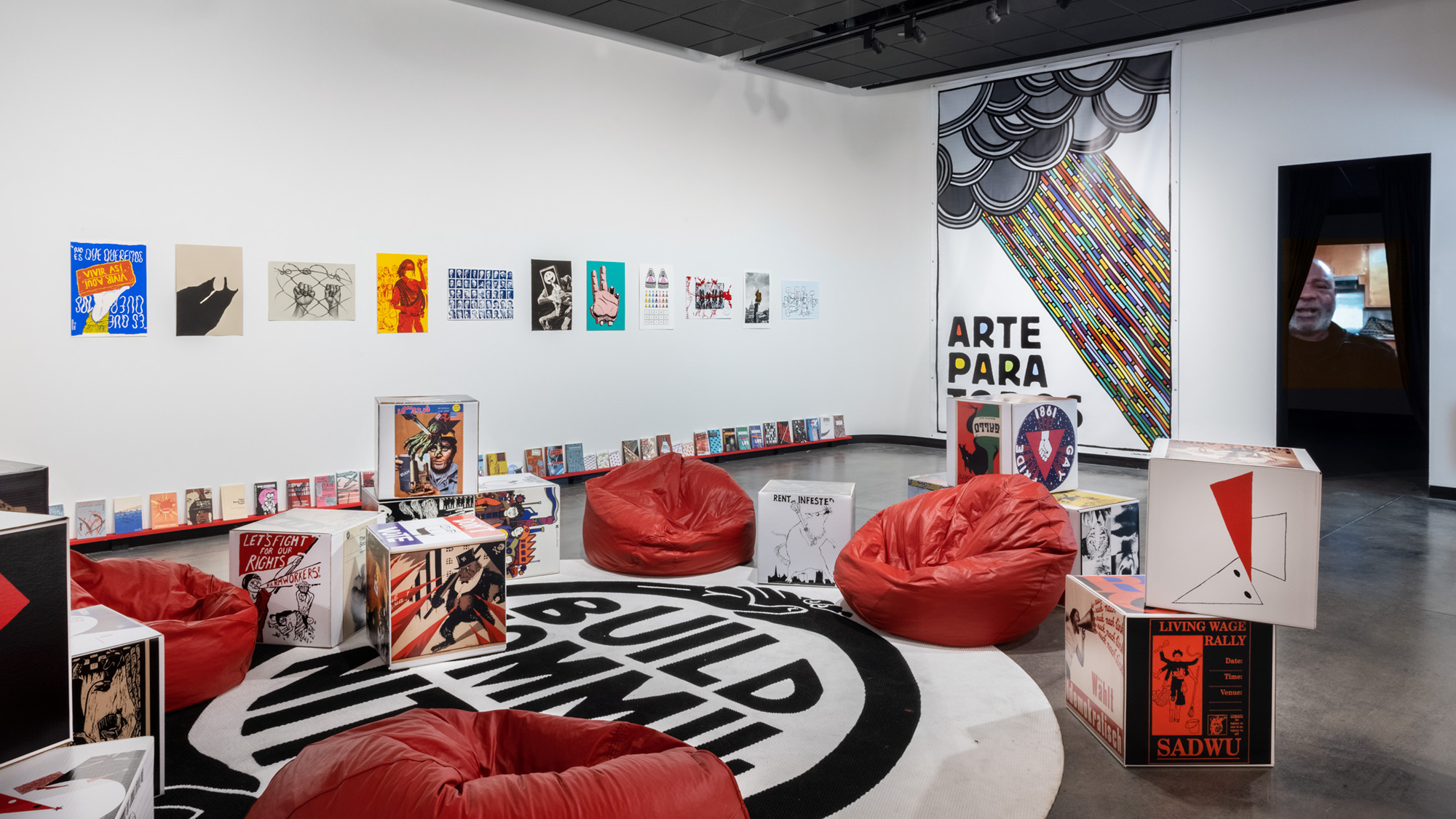
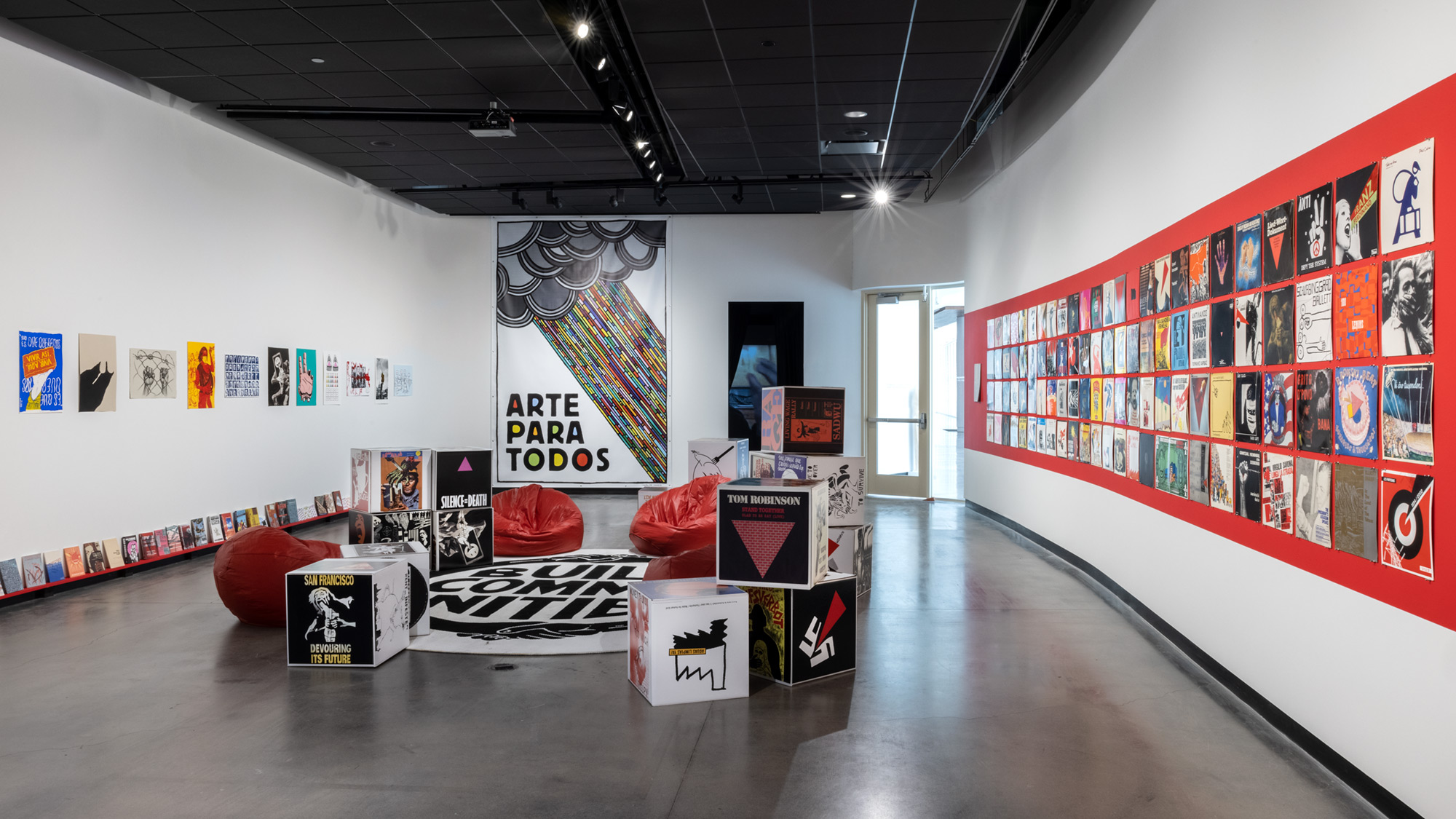
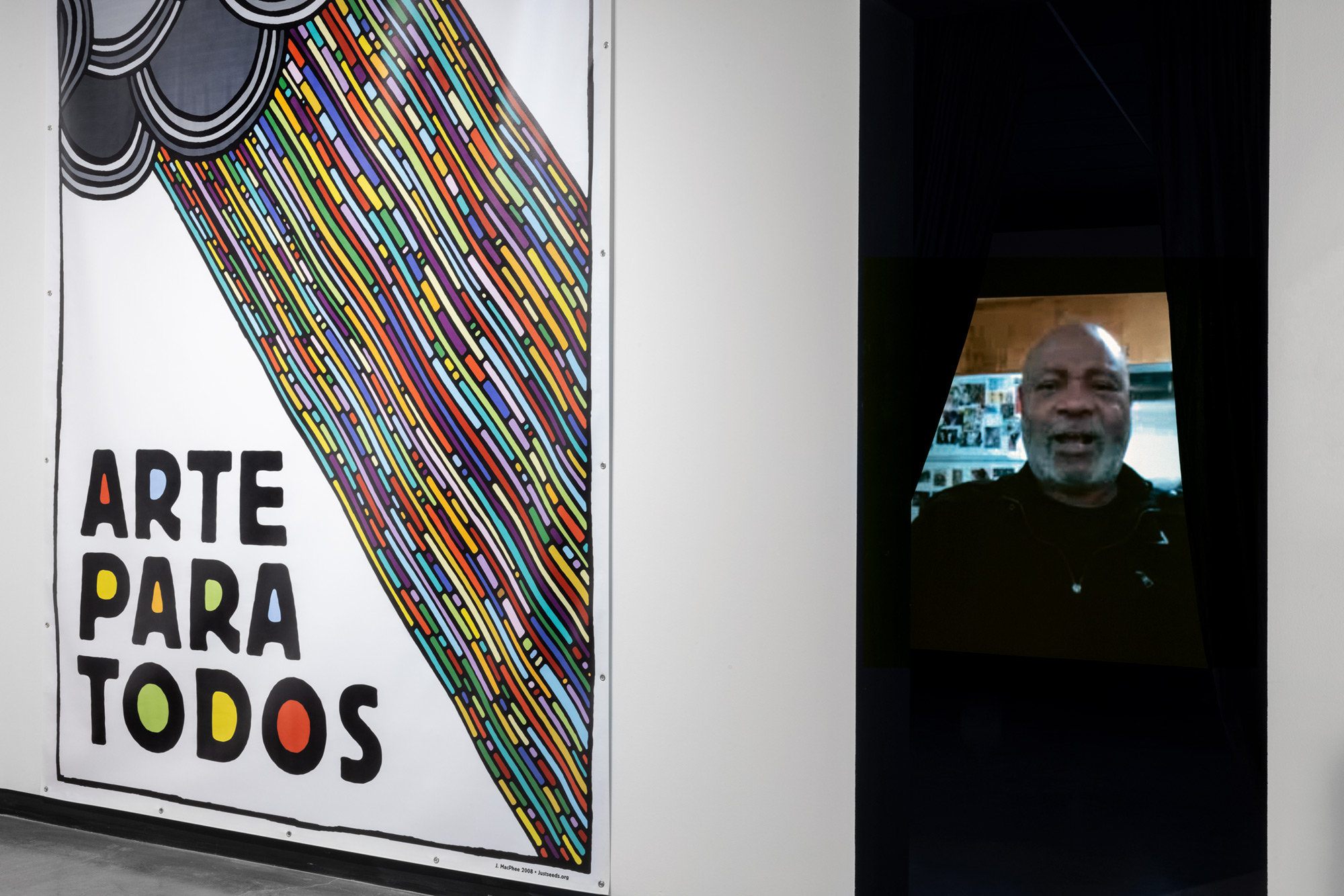
As you can see, it’s jam packed! There was a great review in the Cleveland Plain Dealer this part weekend, you can read it HERE. Please check out the show this week if you’re in the Cleveland area, and if you want to bring a version of this to your institution, get in touch!
